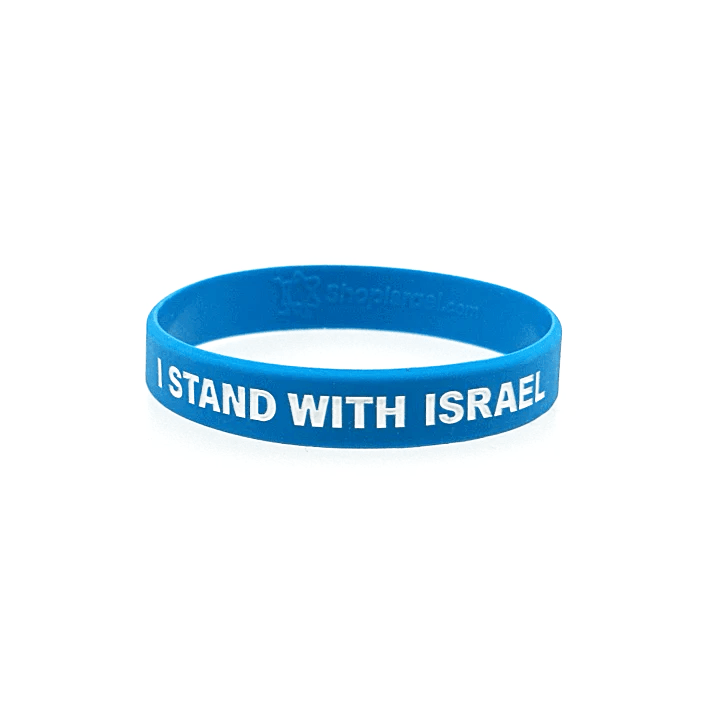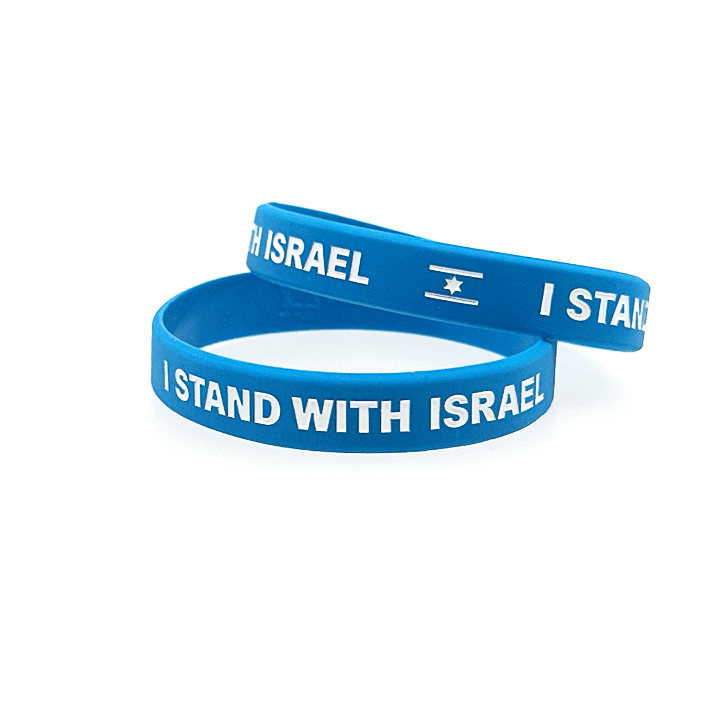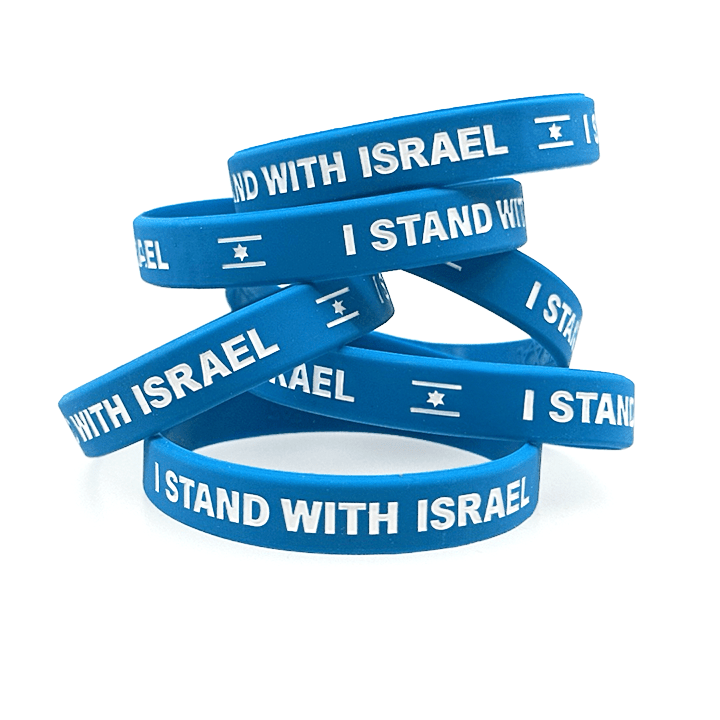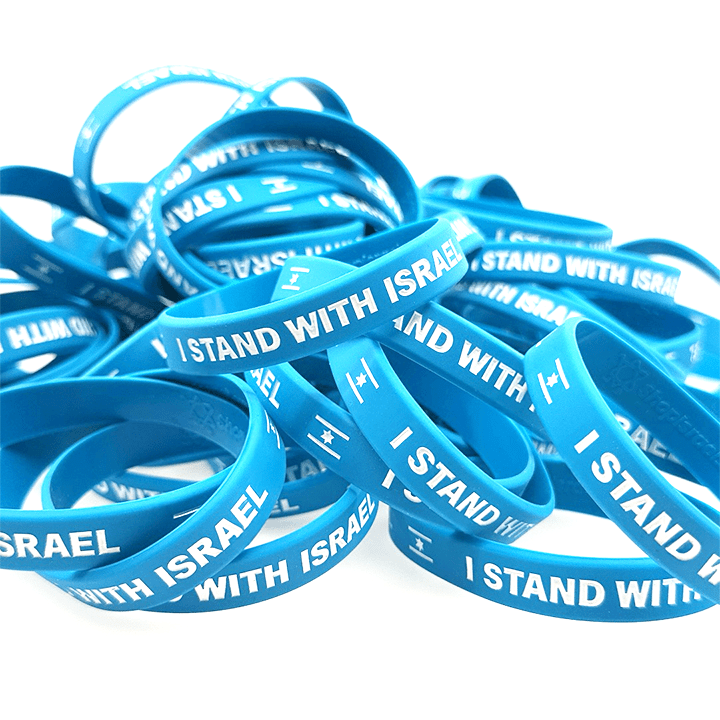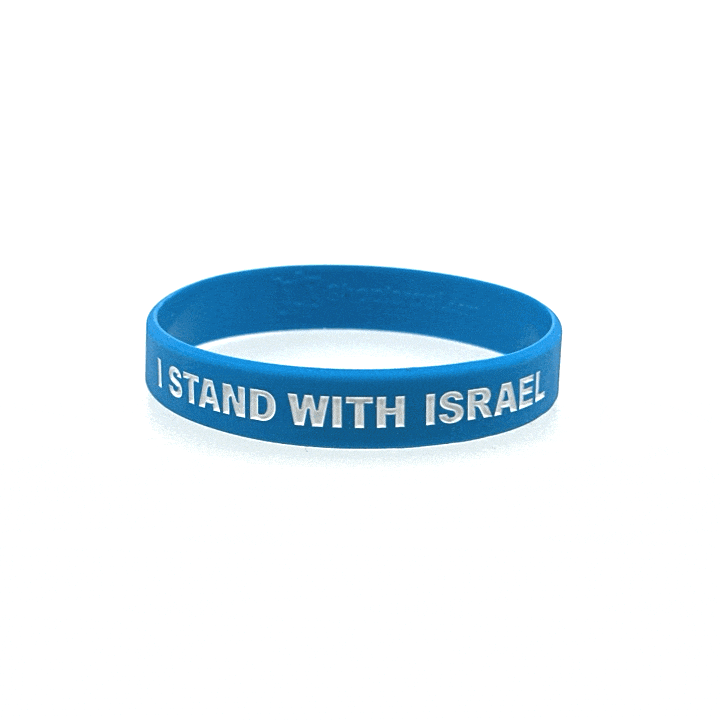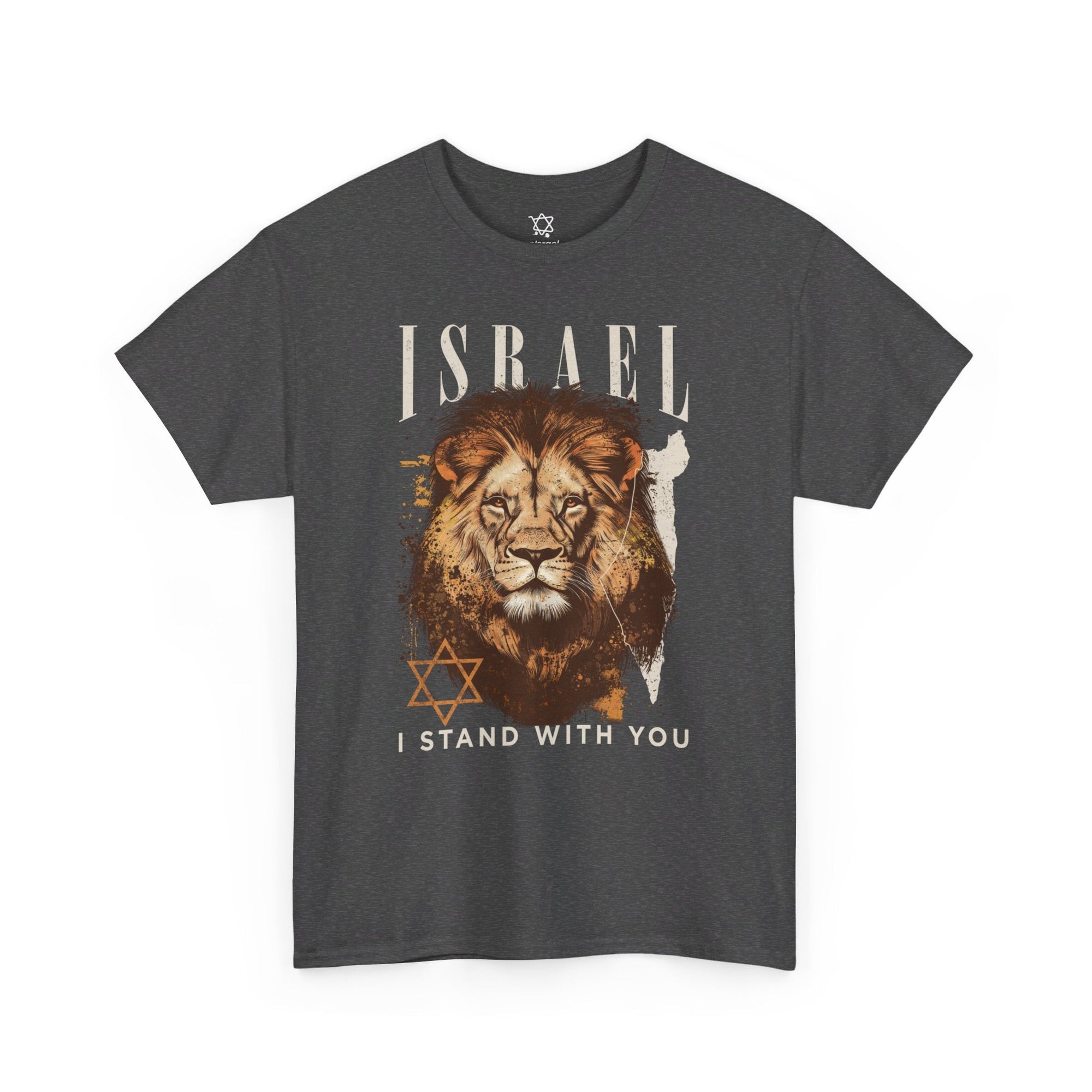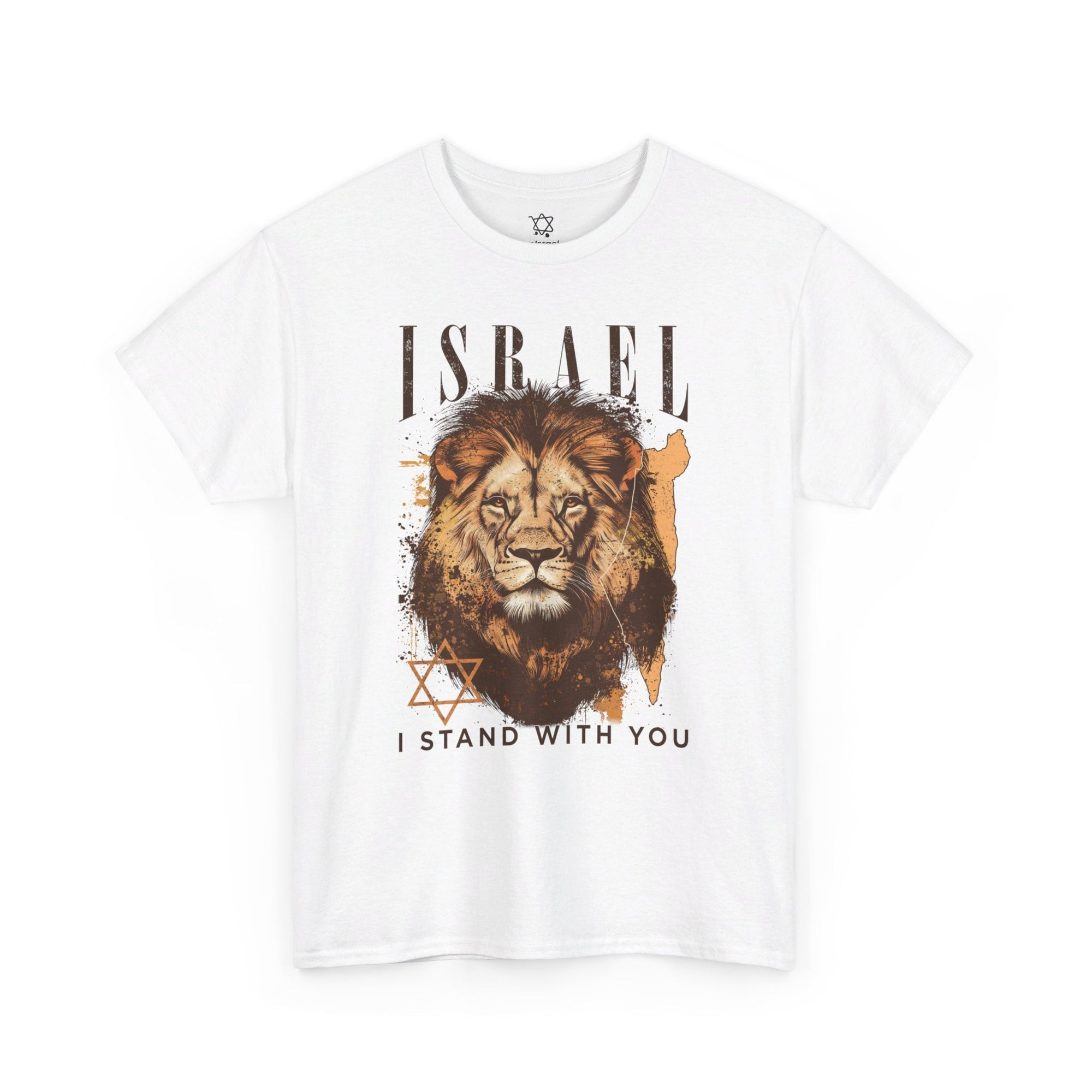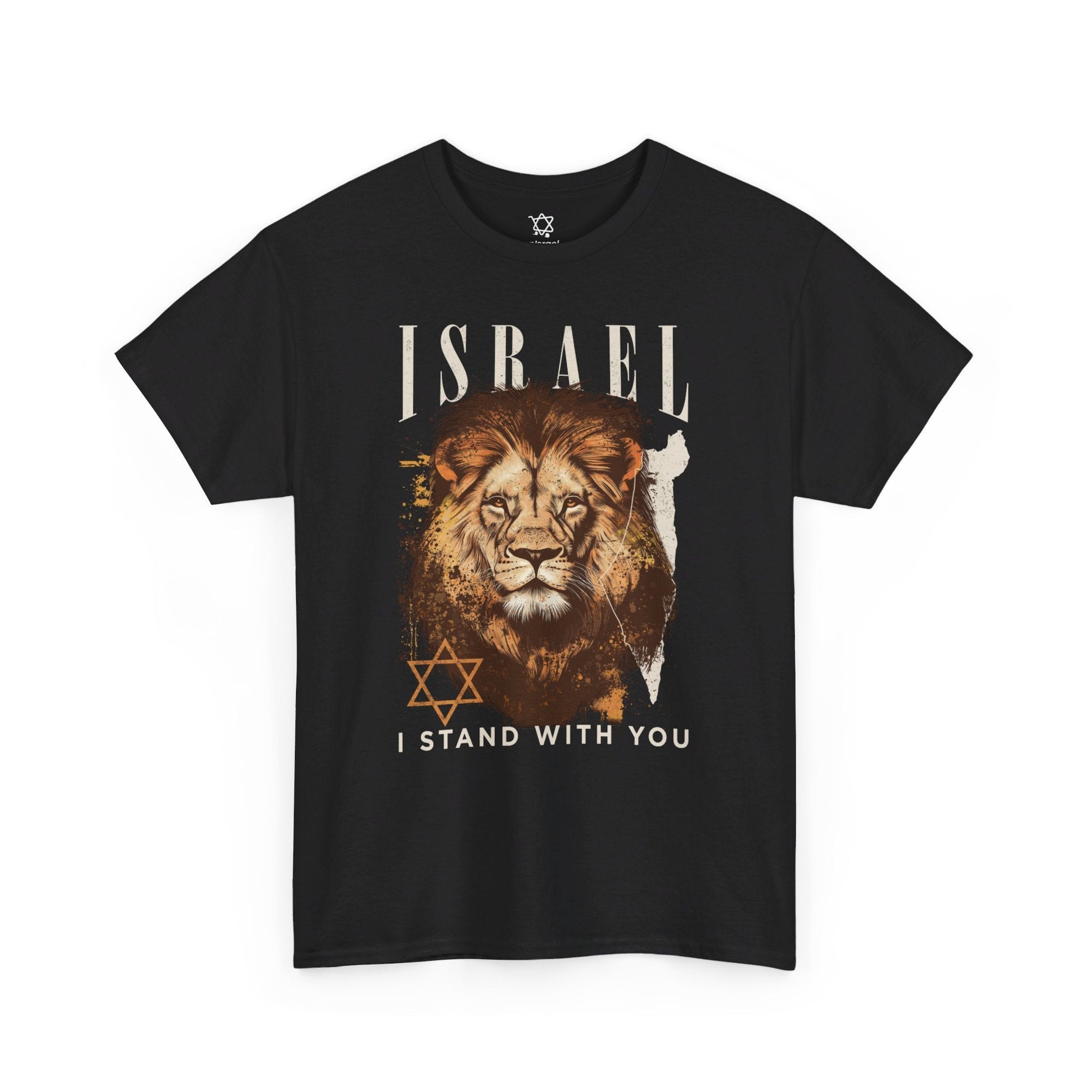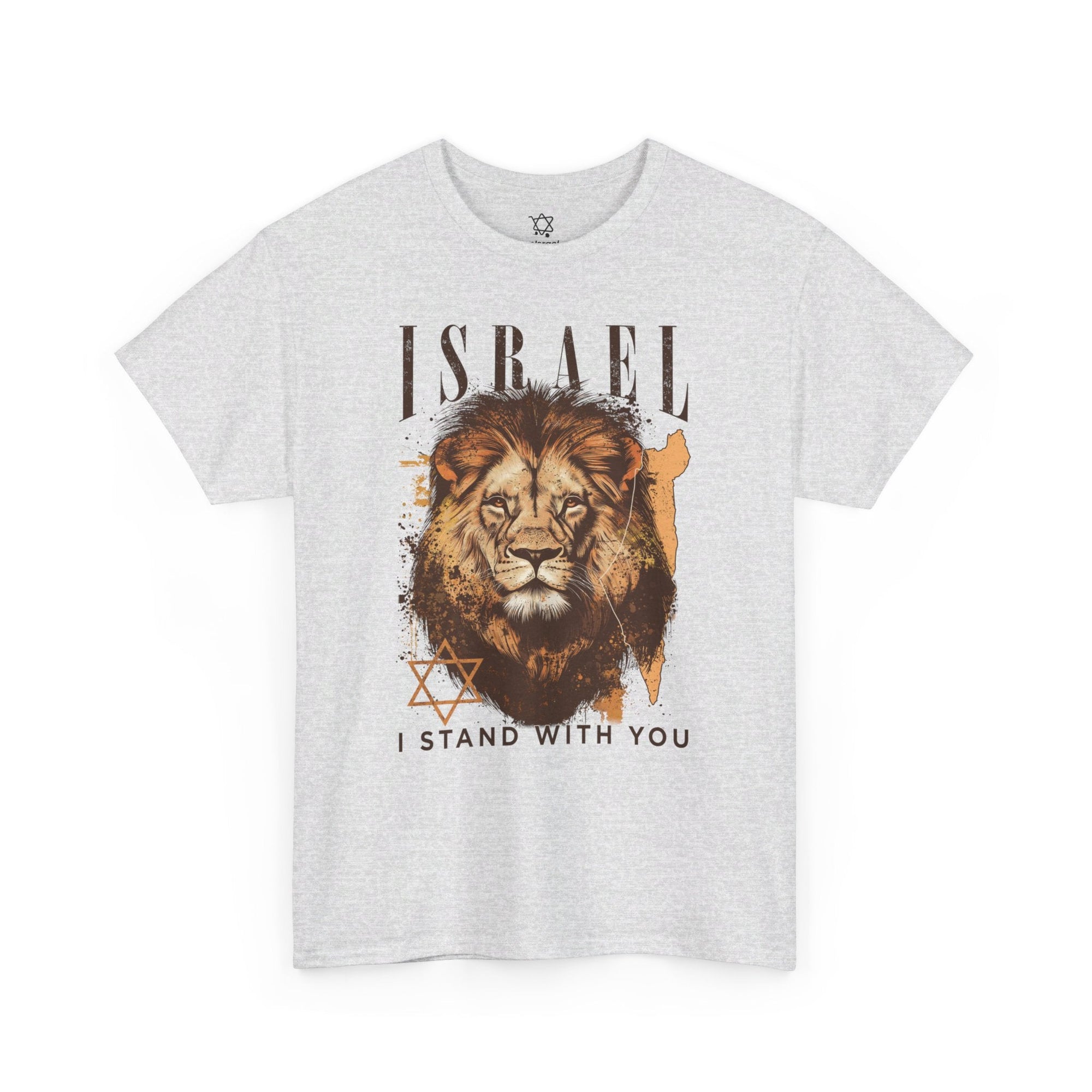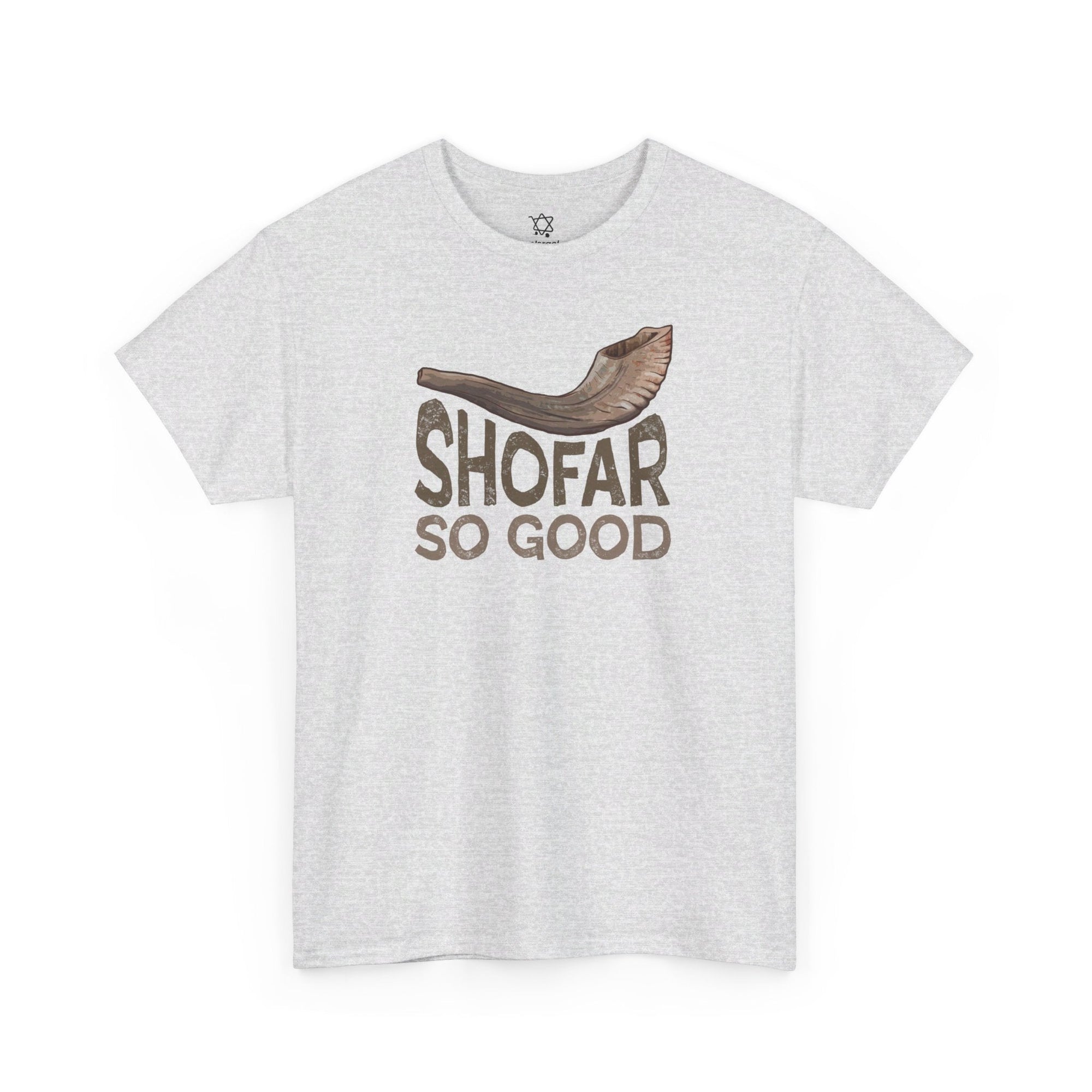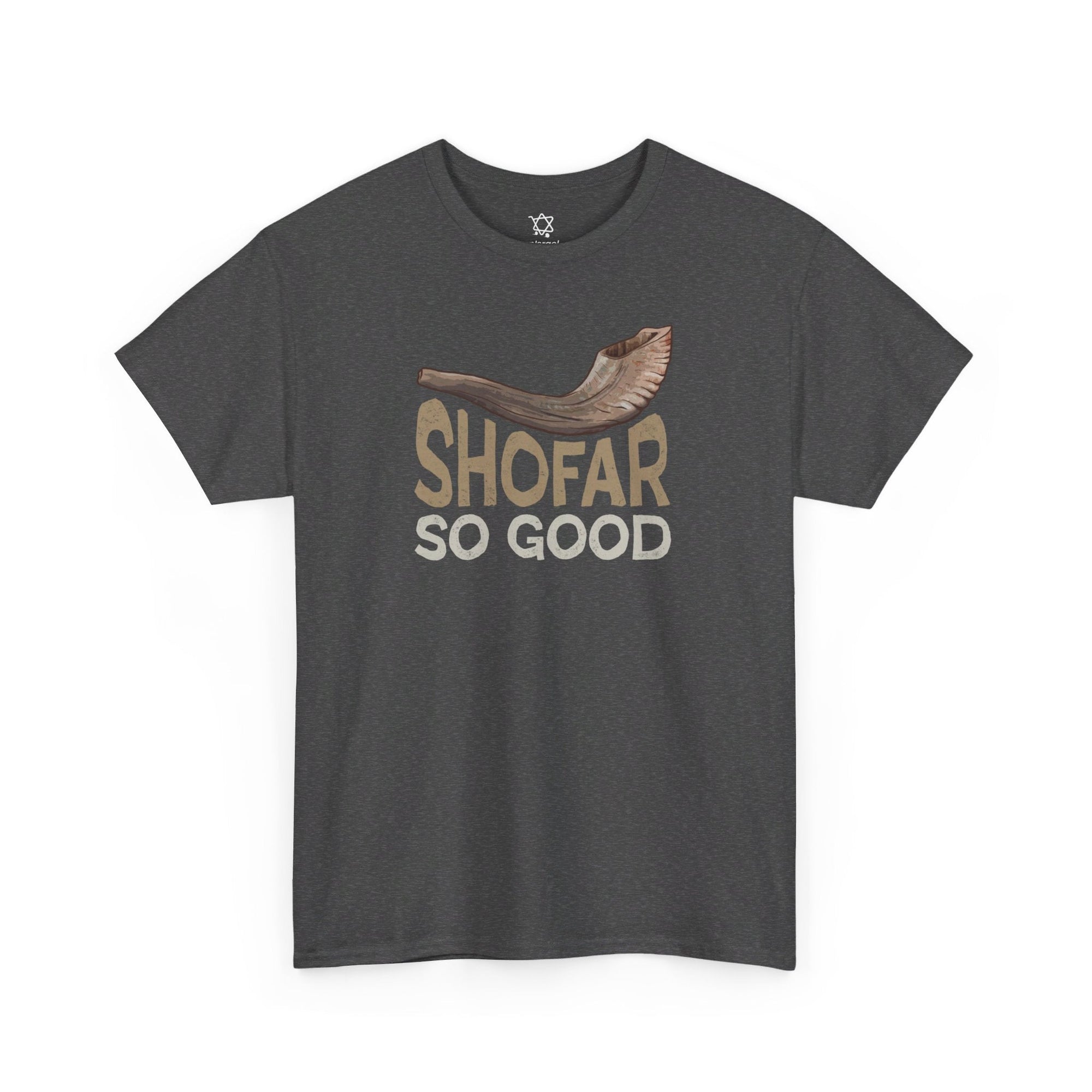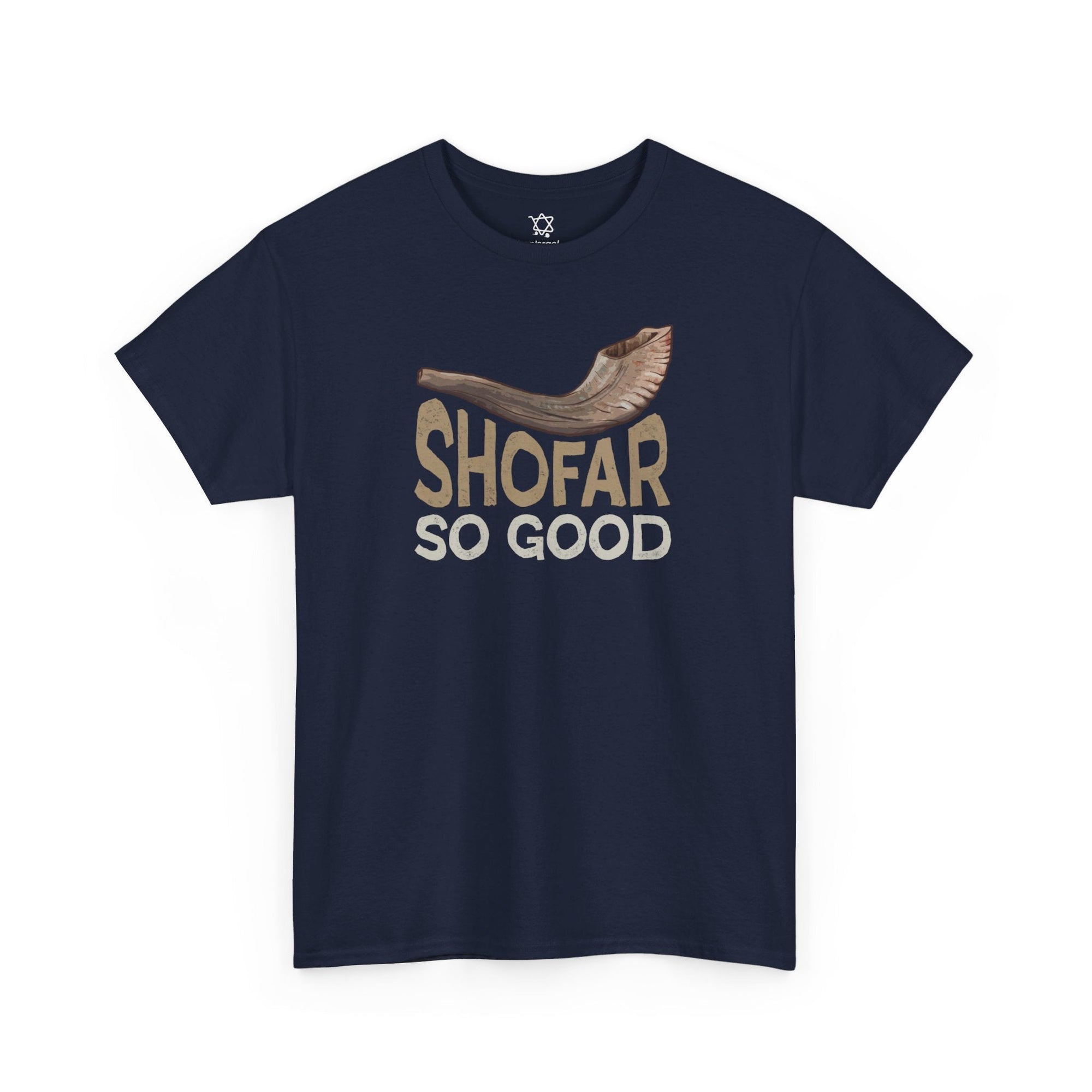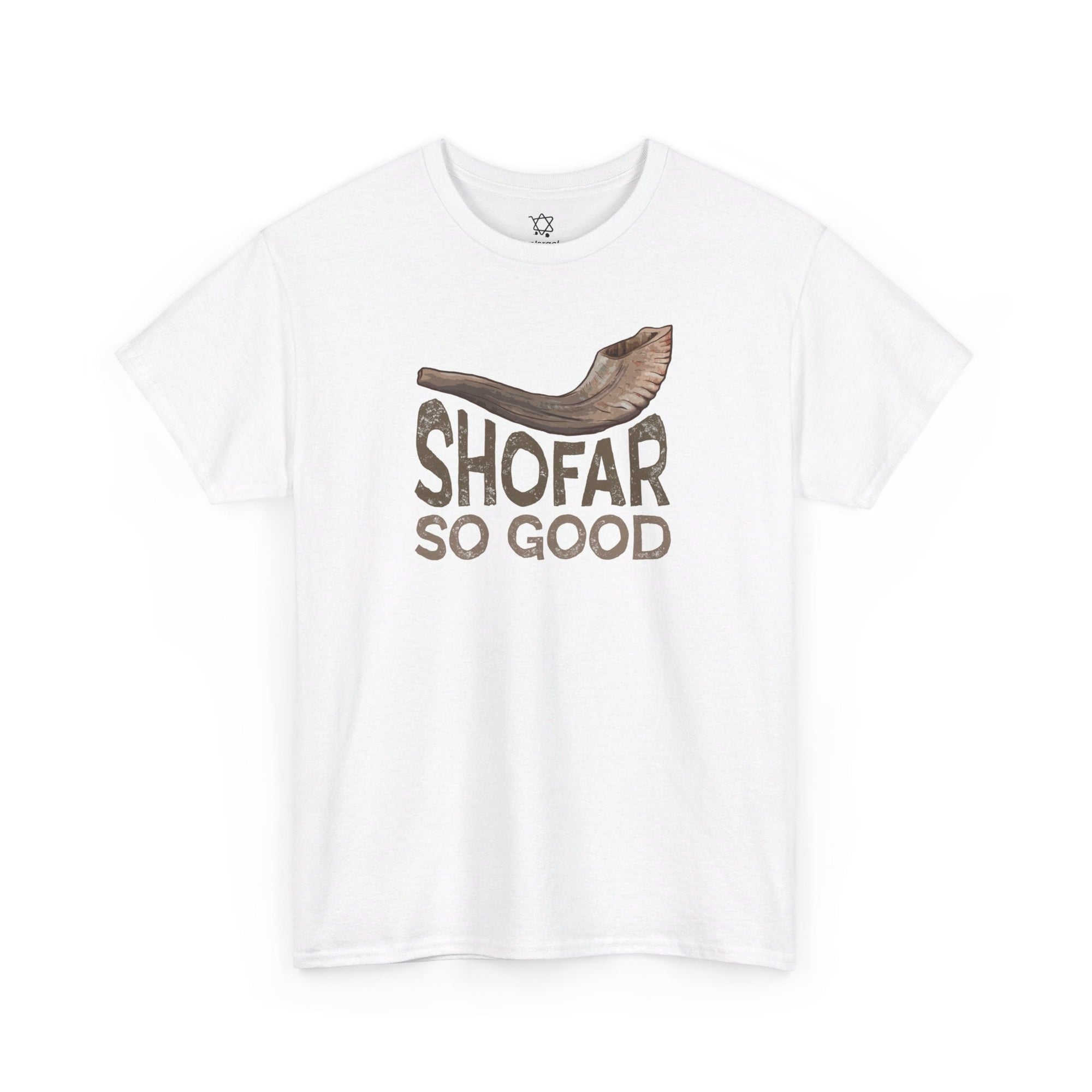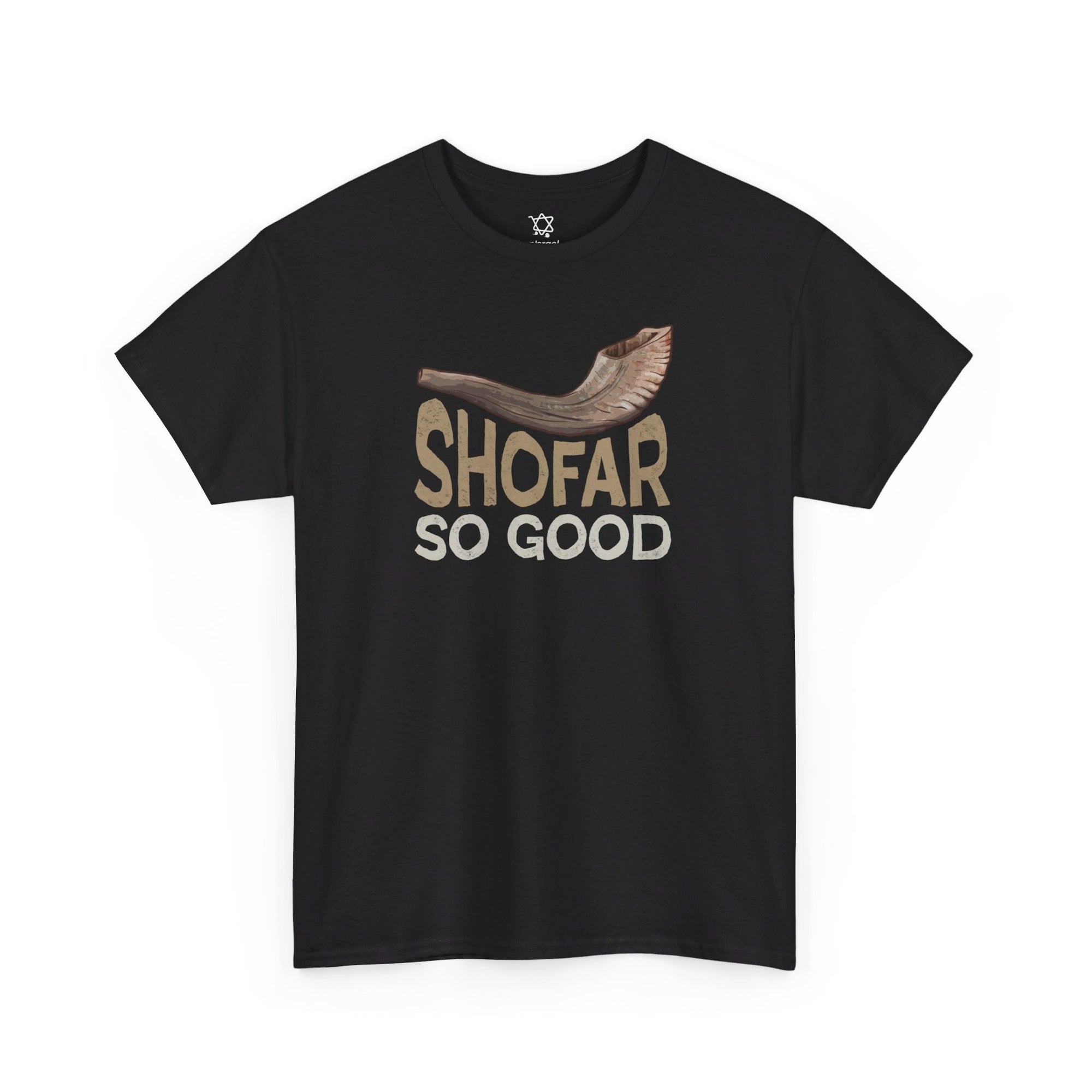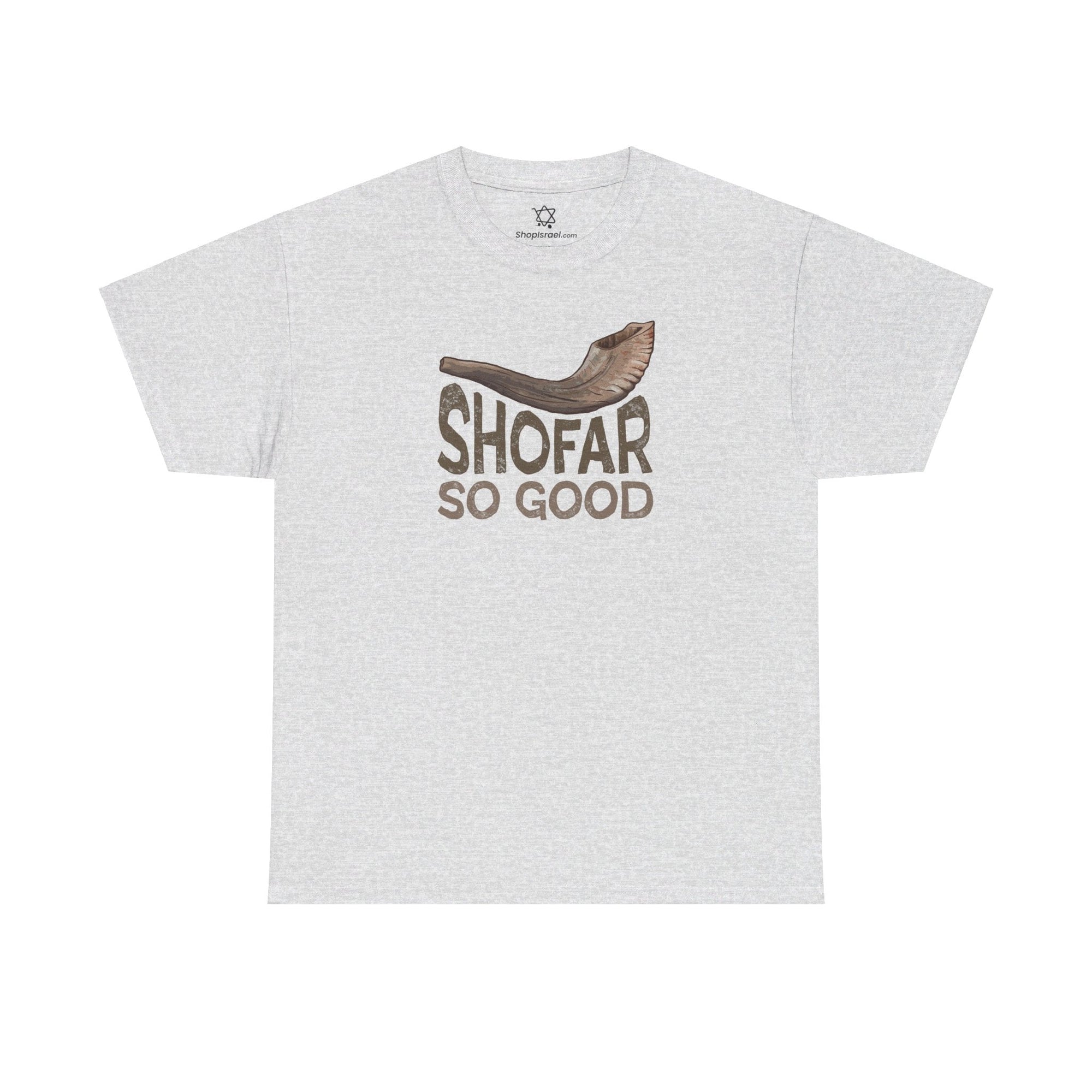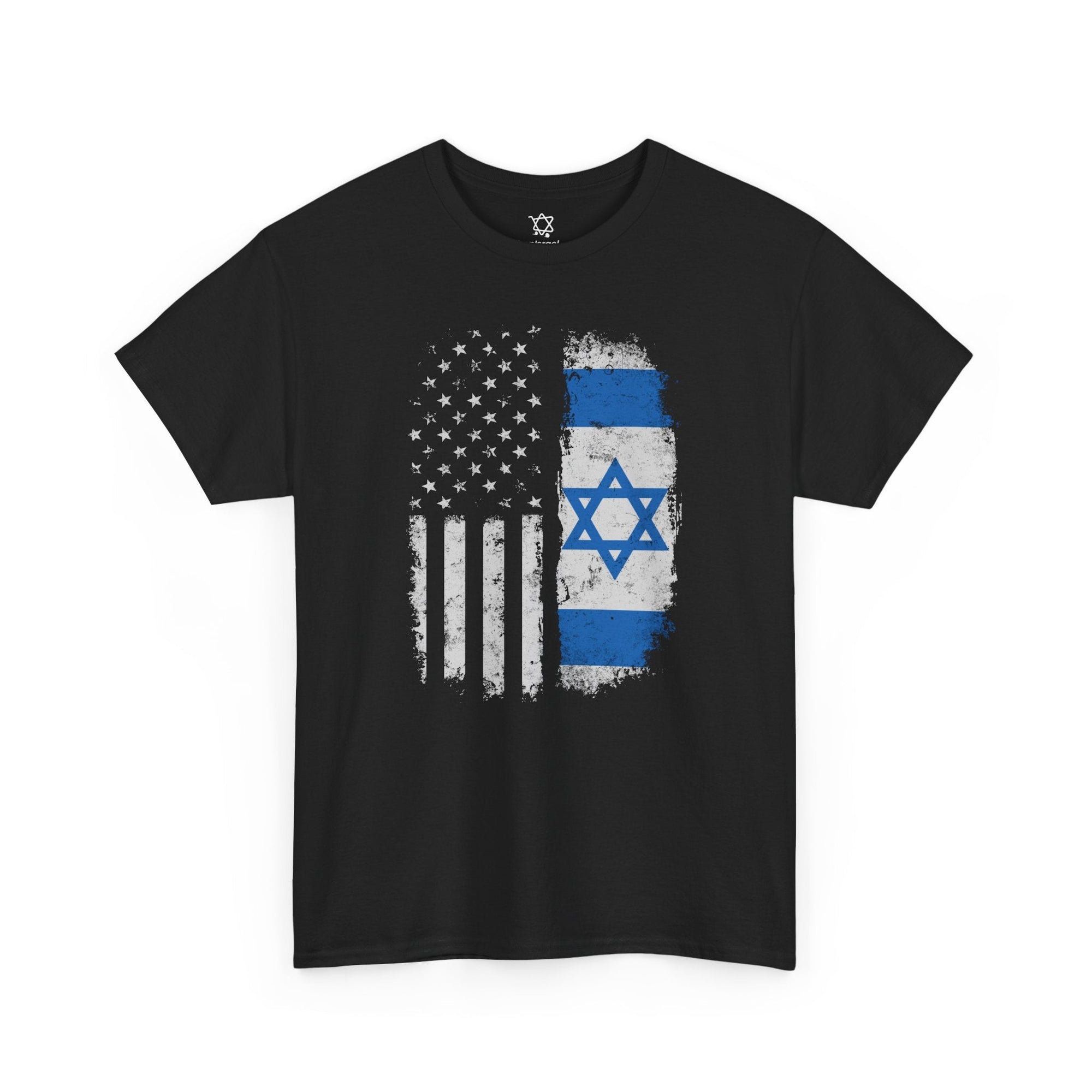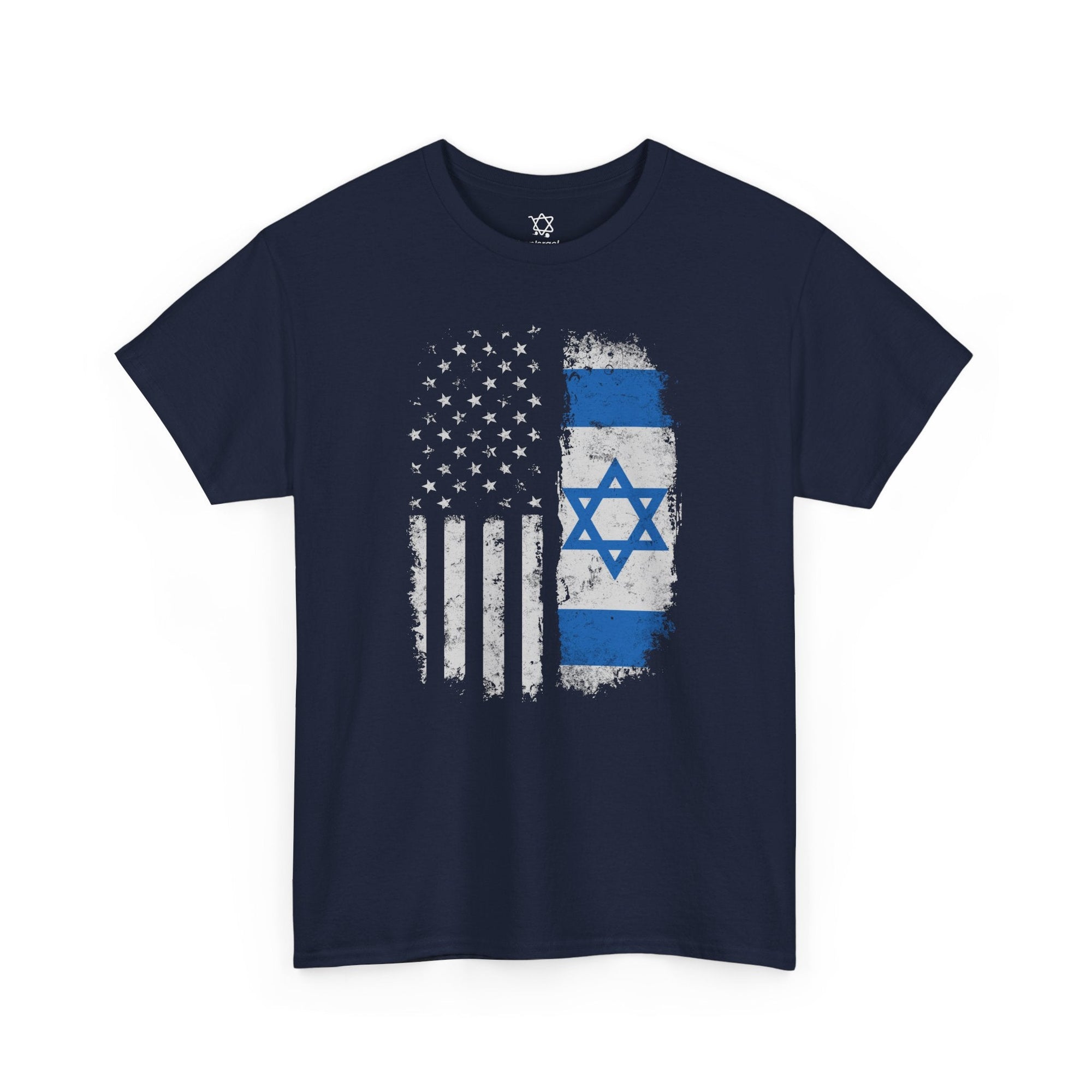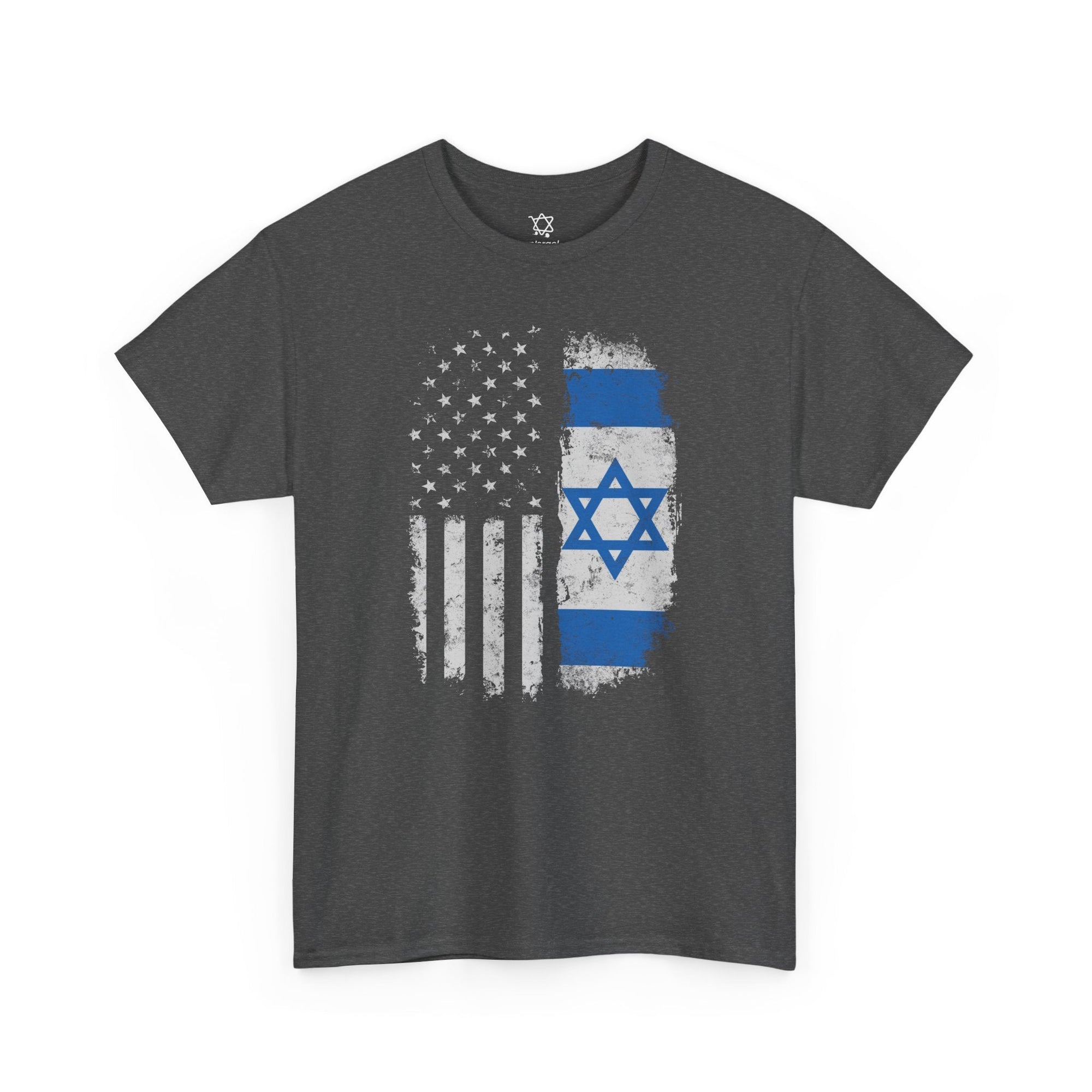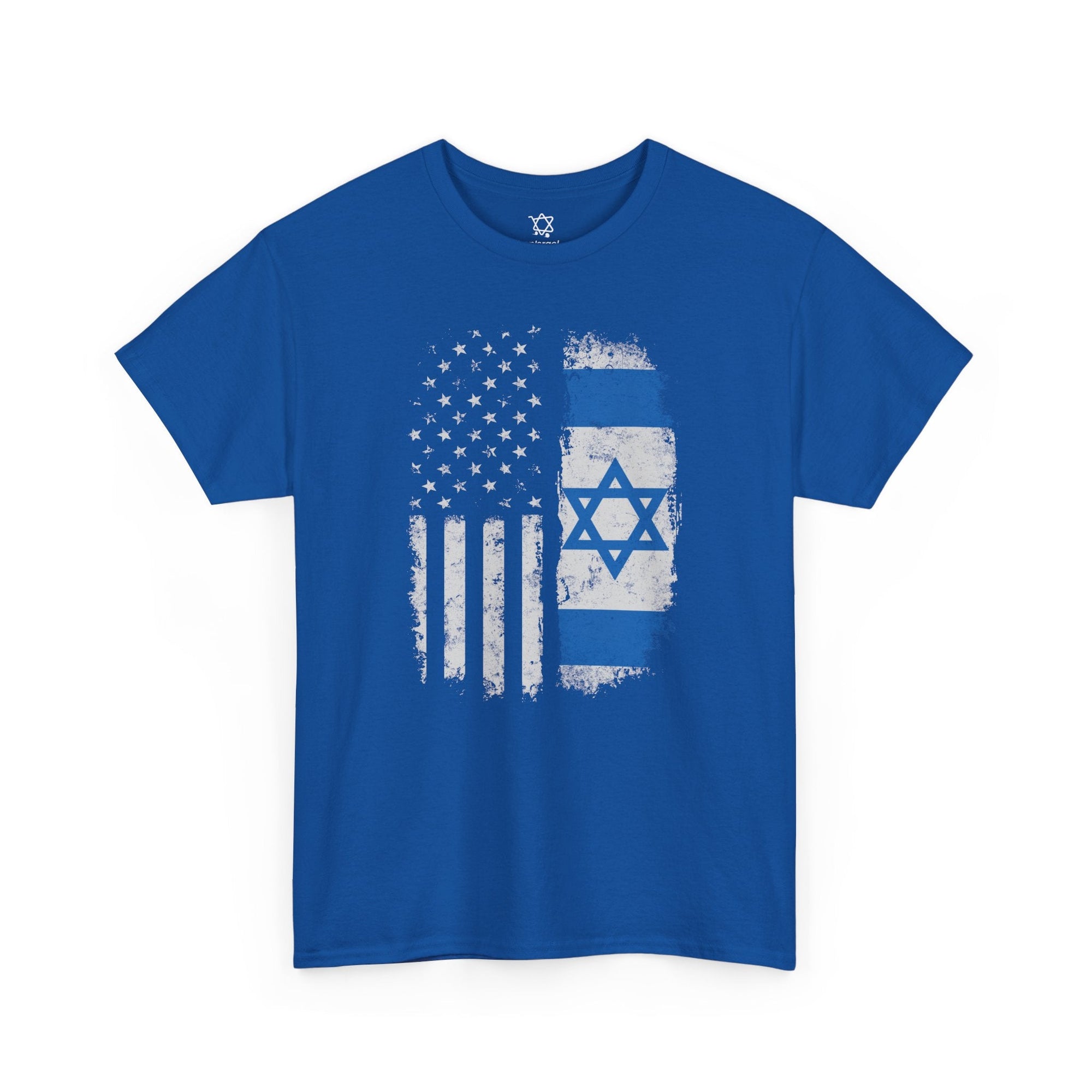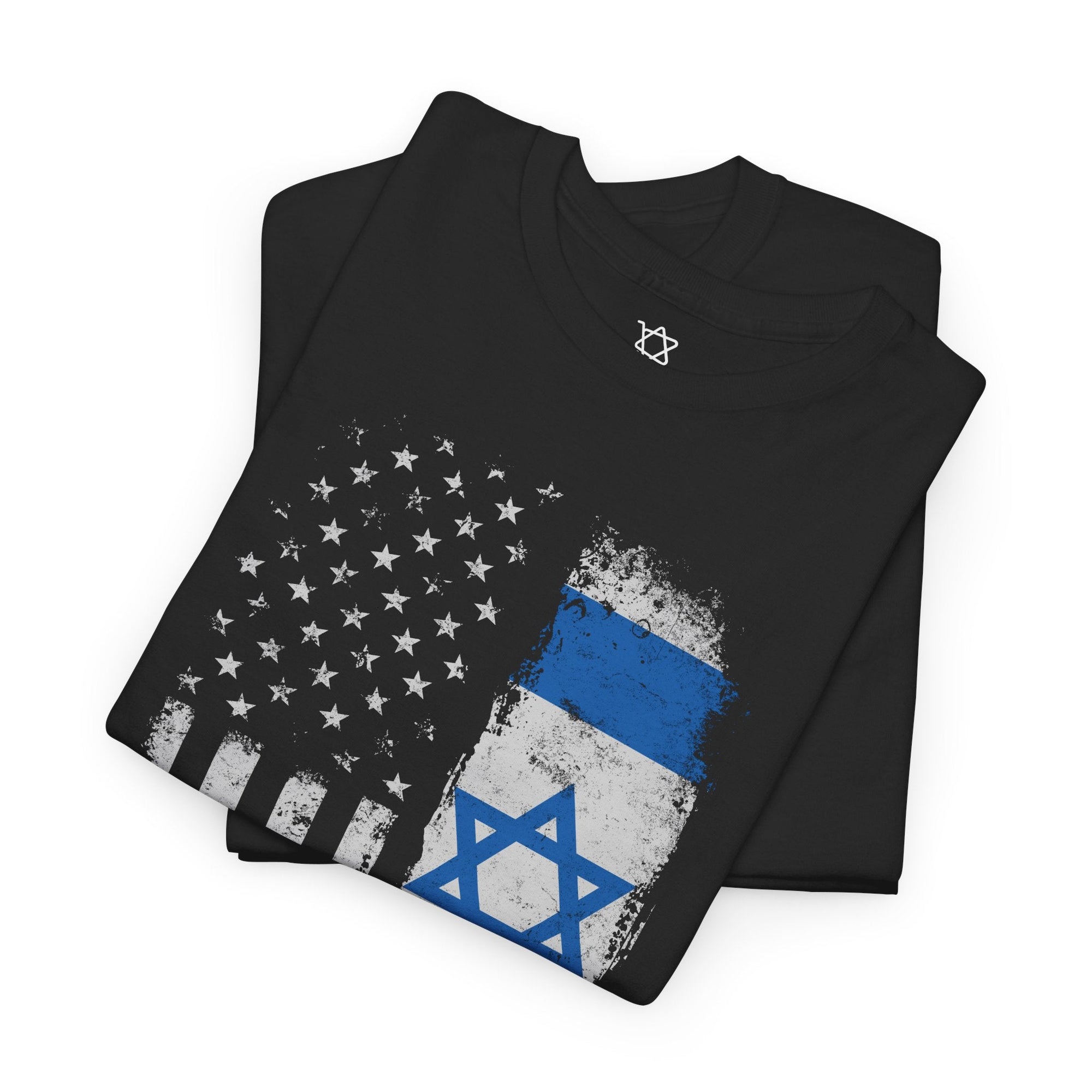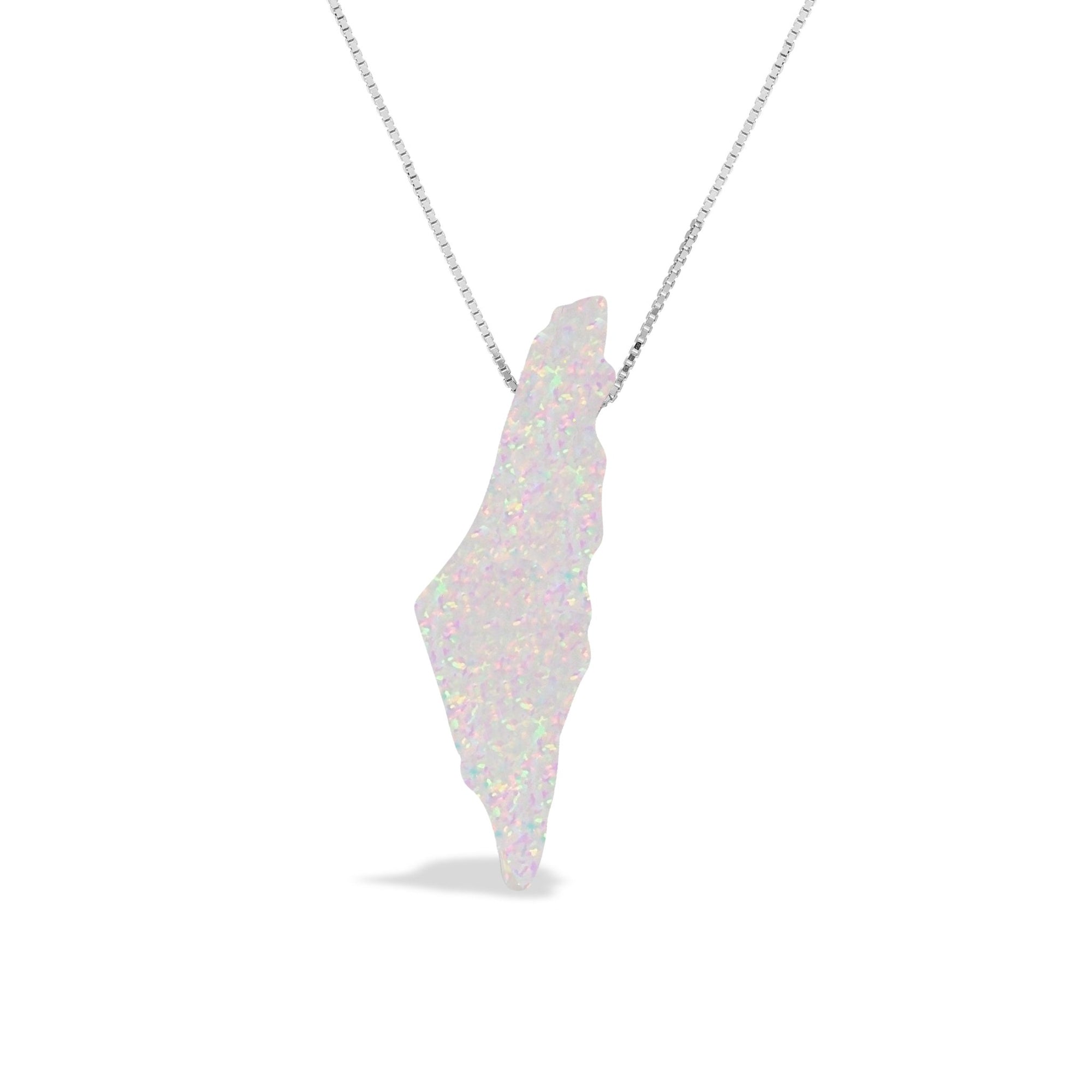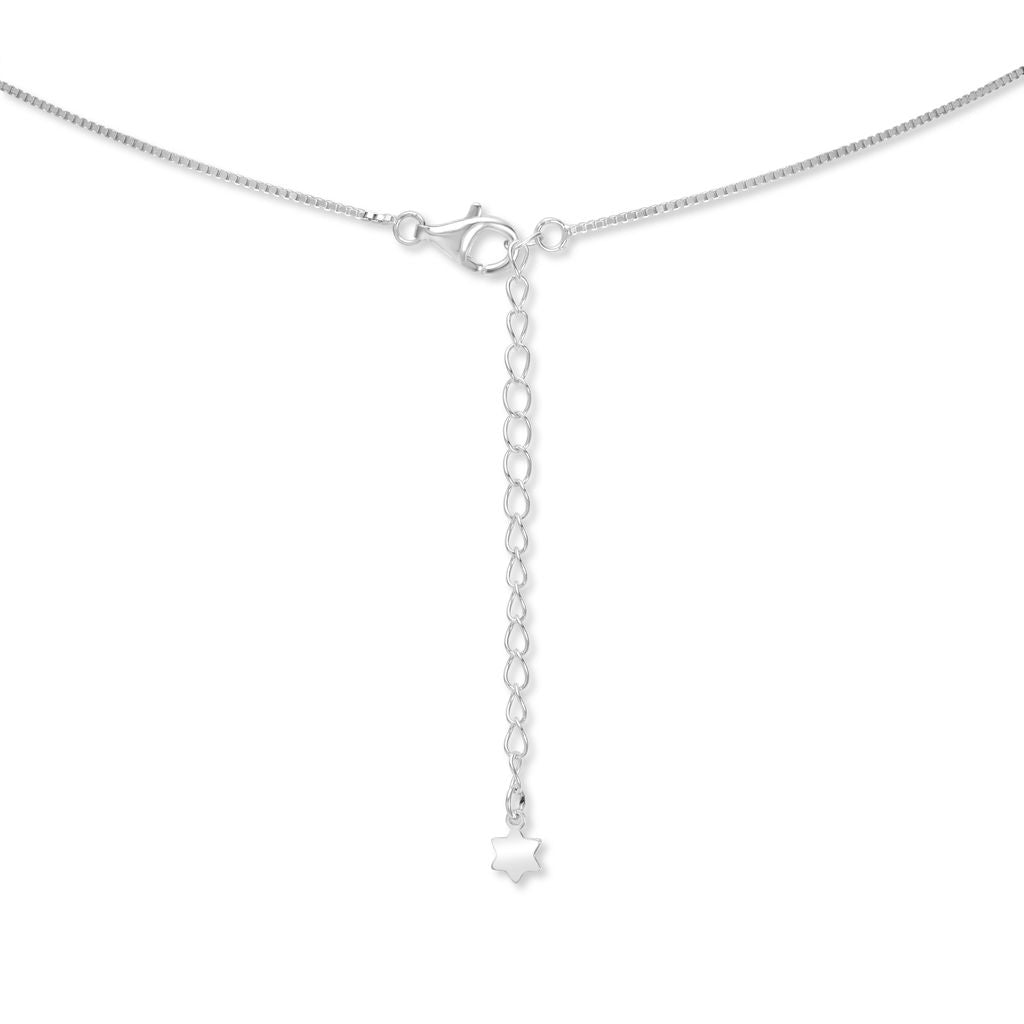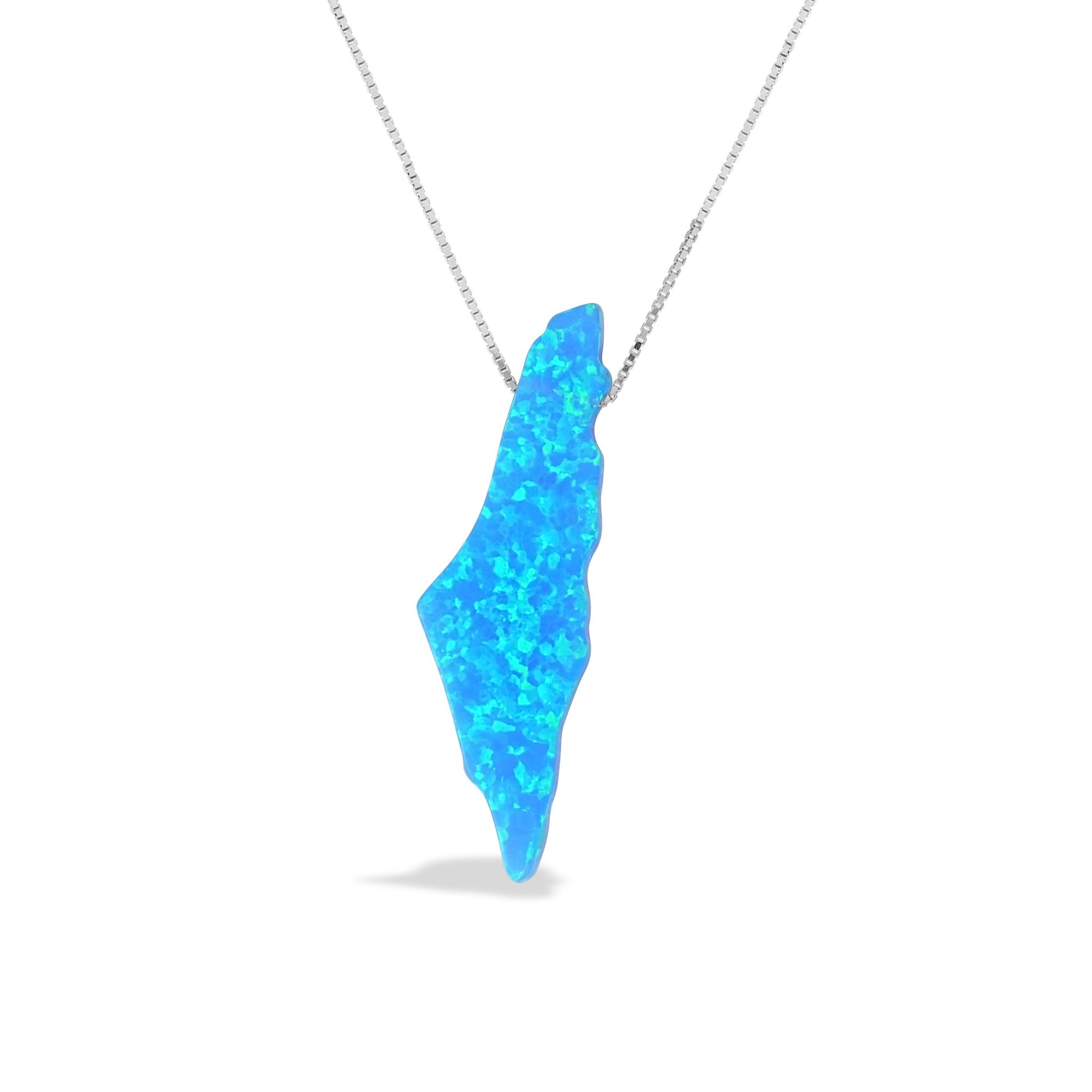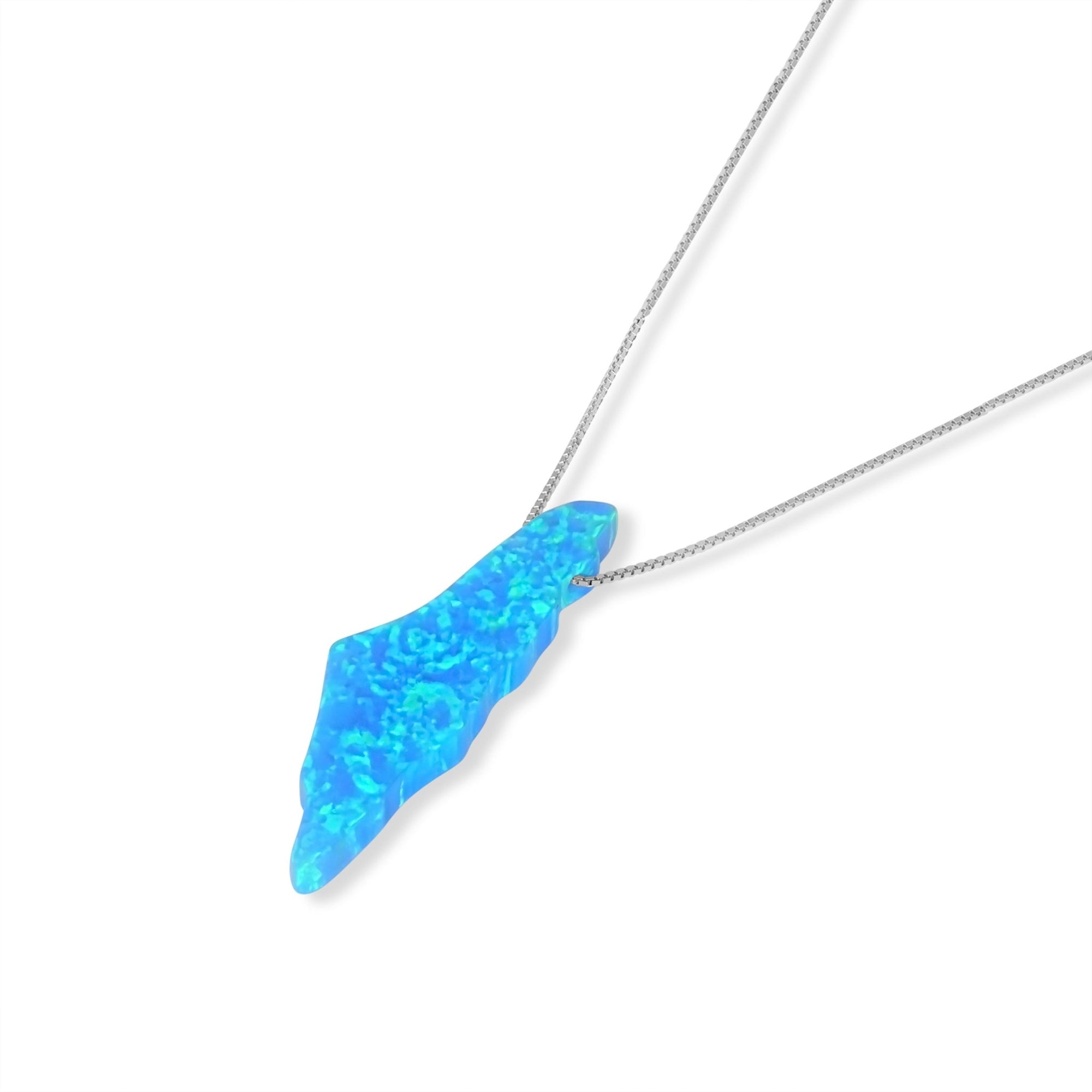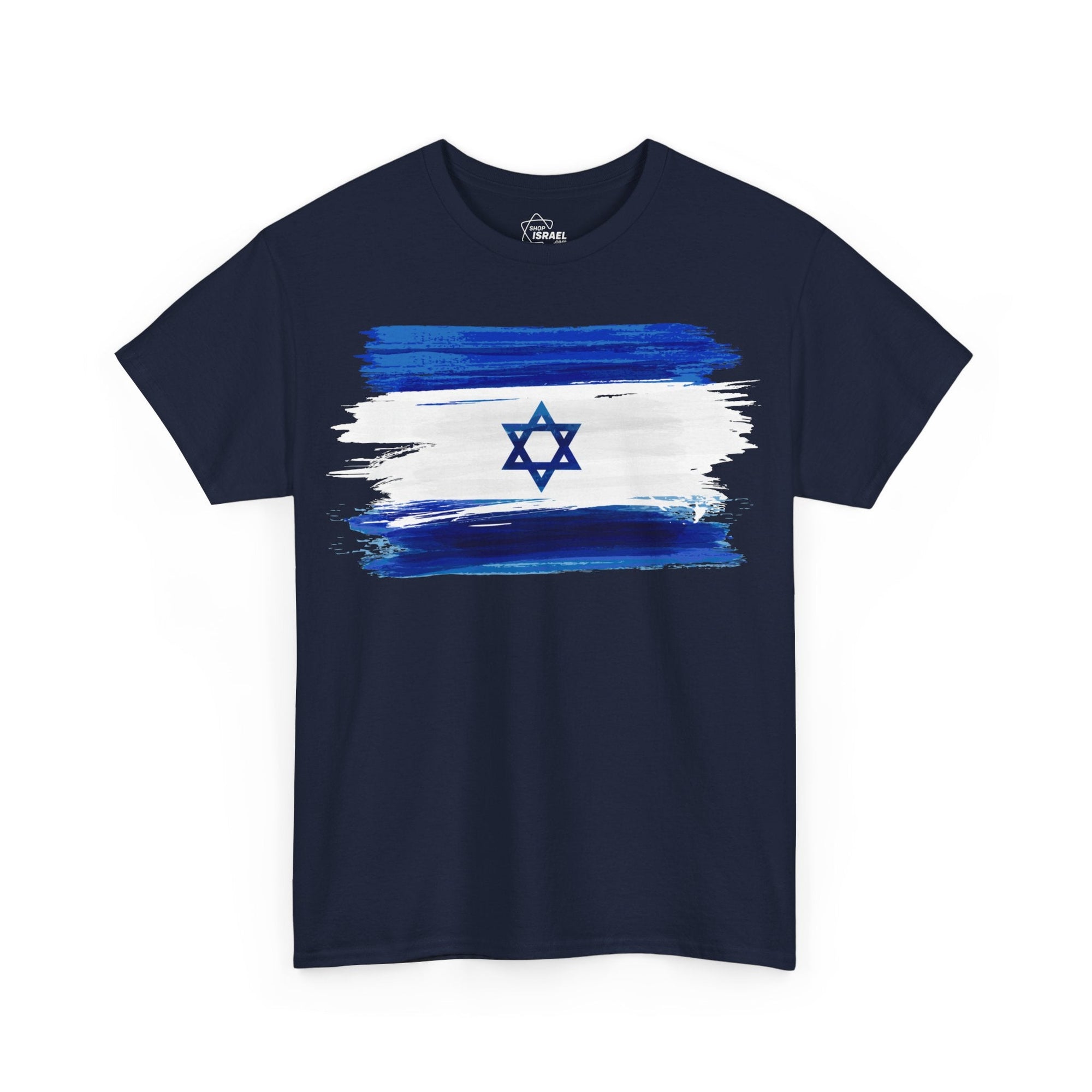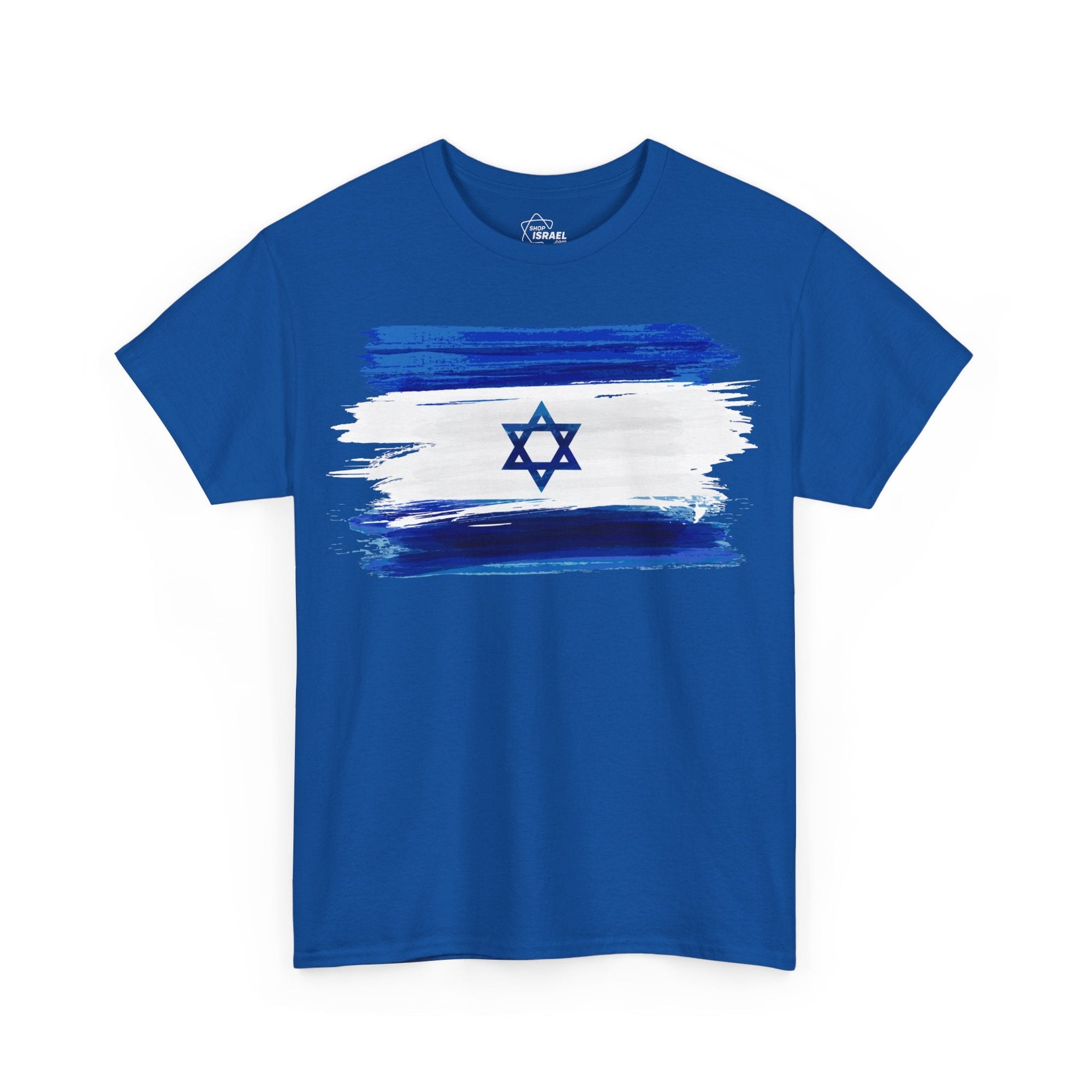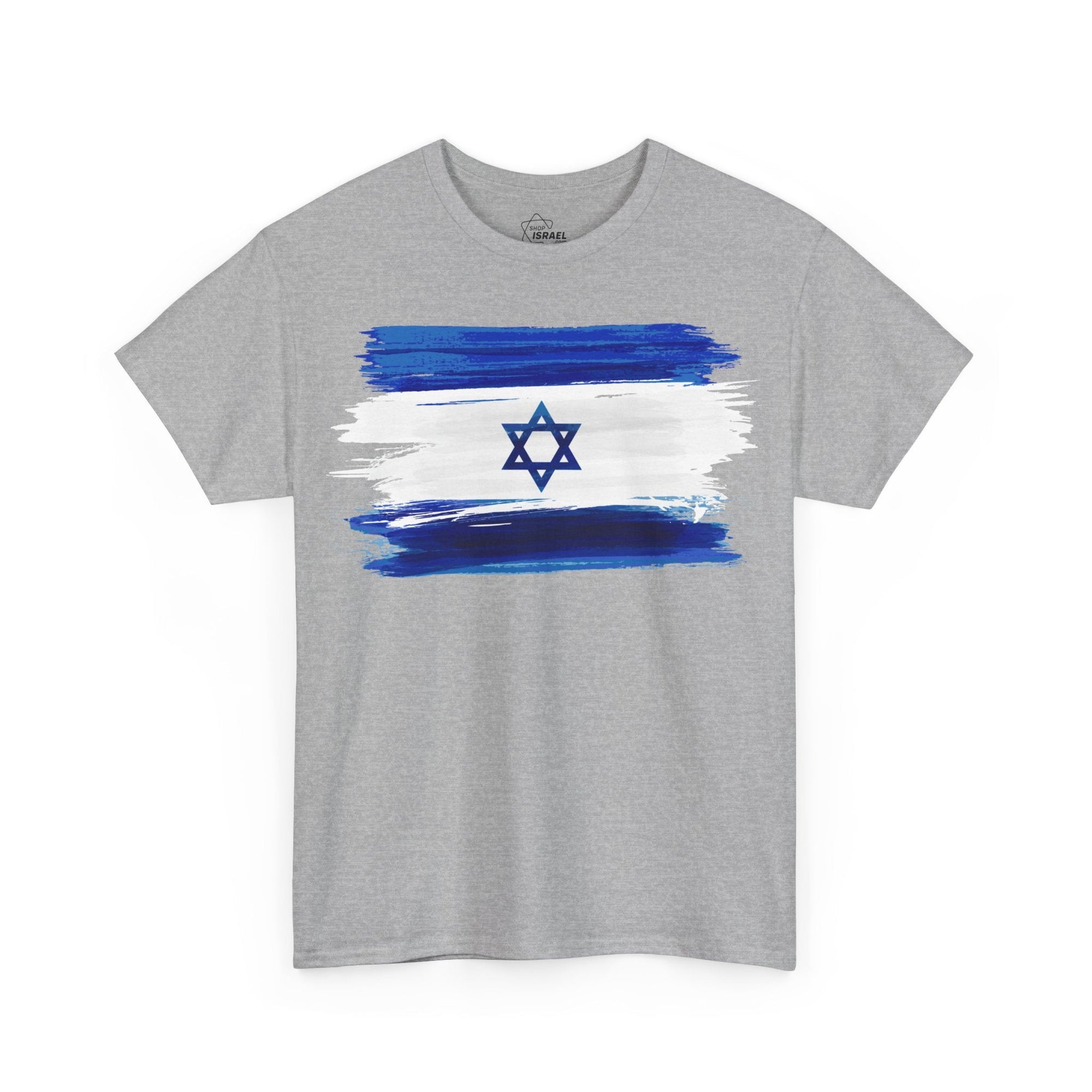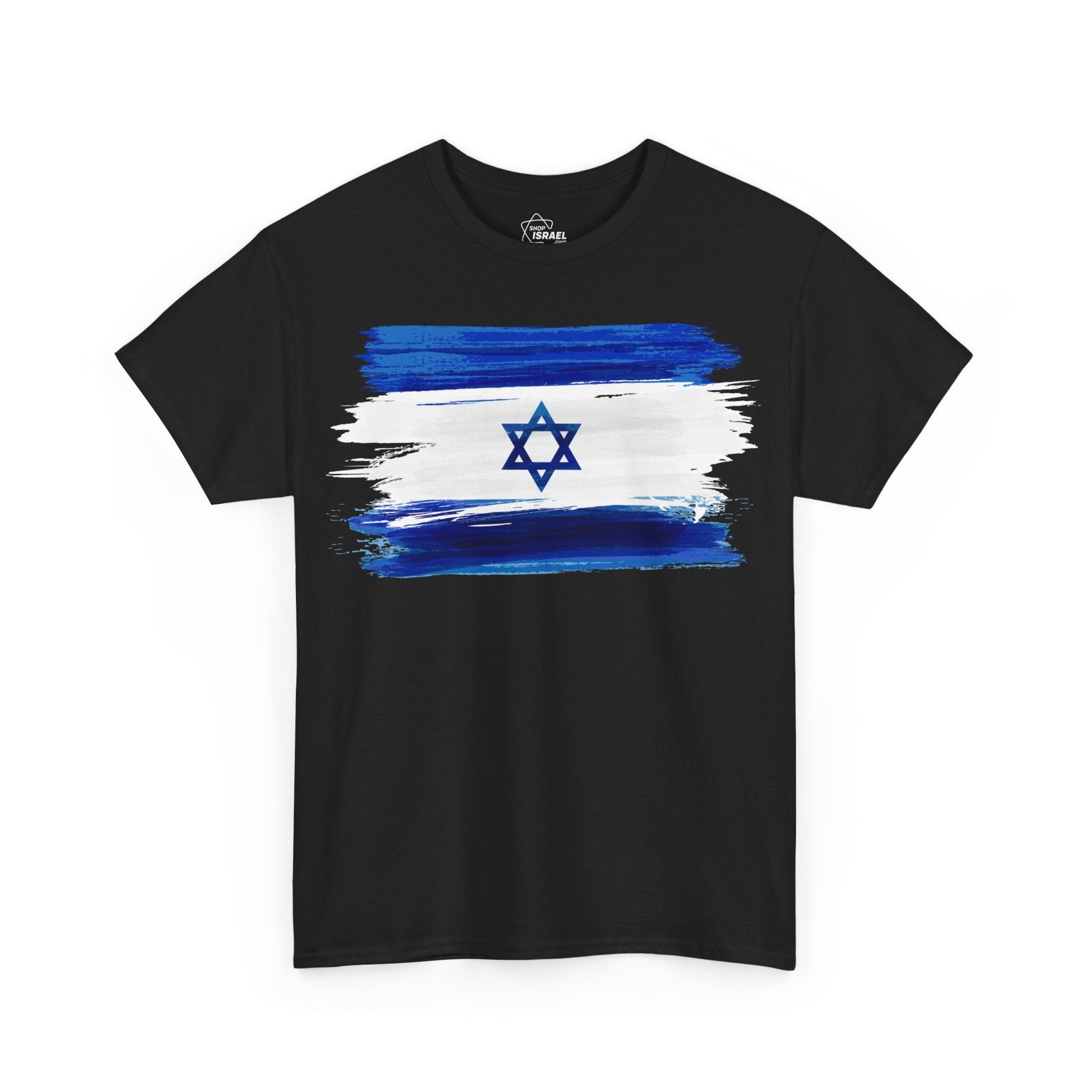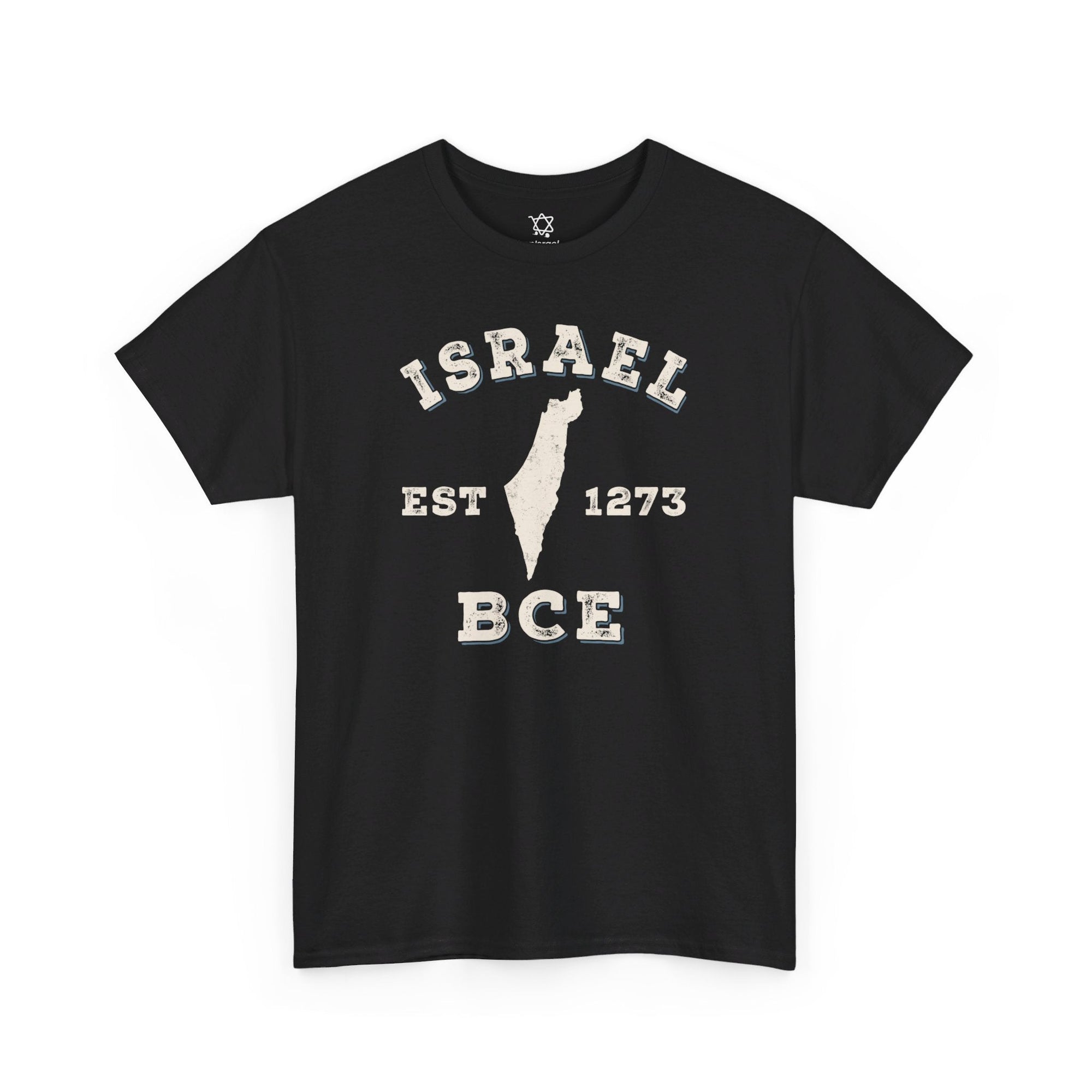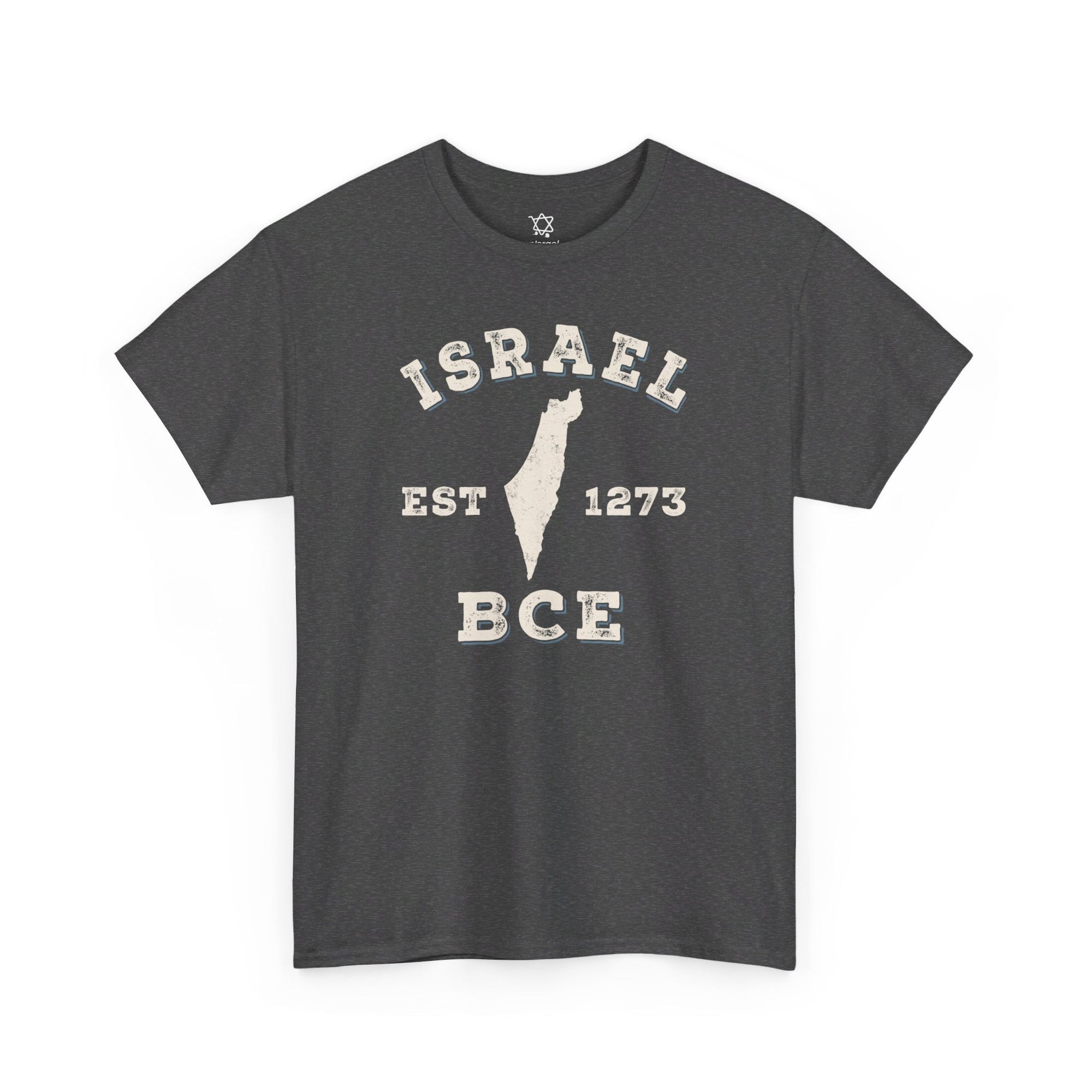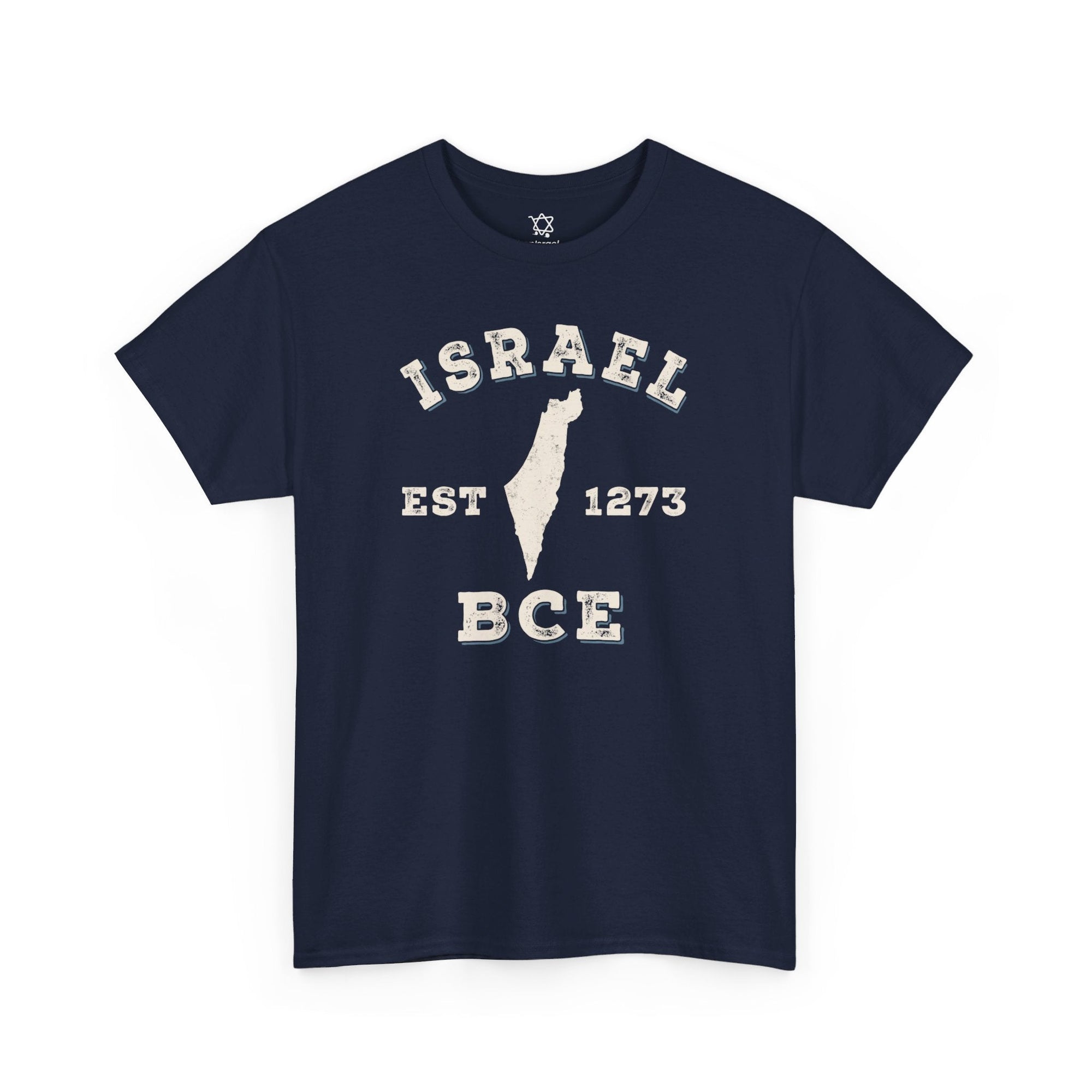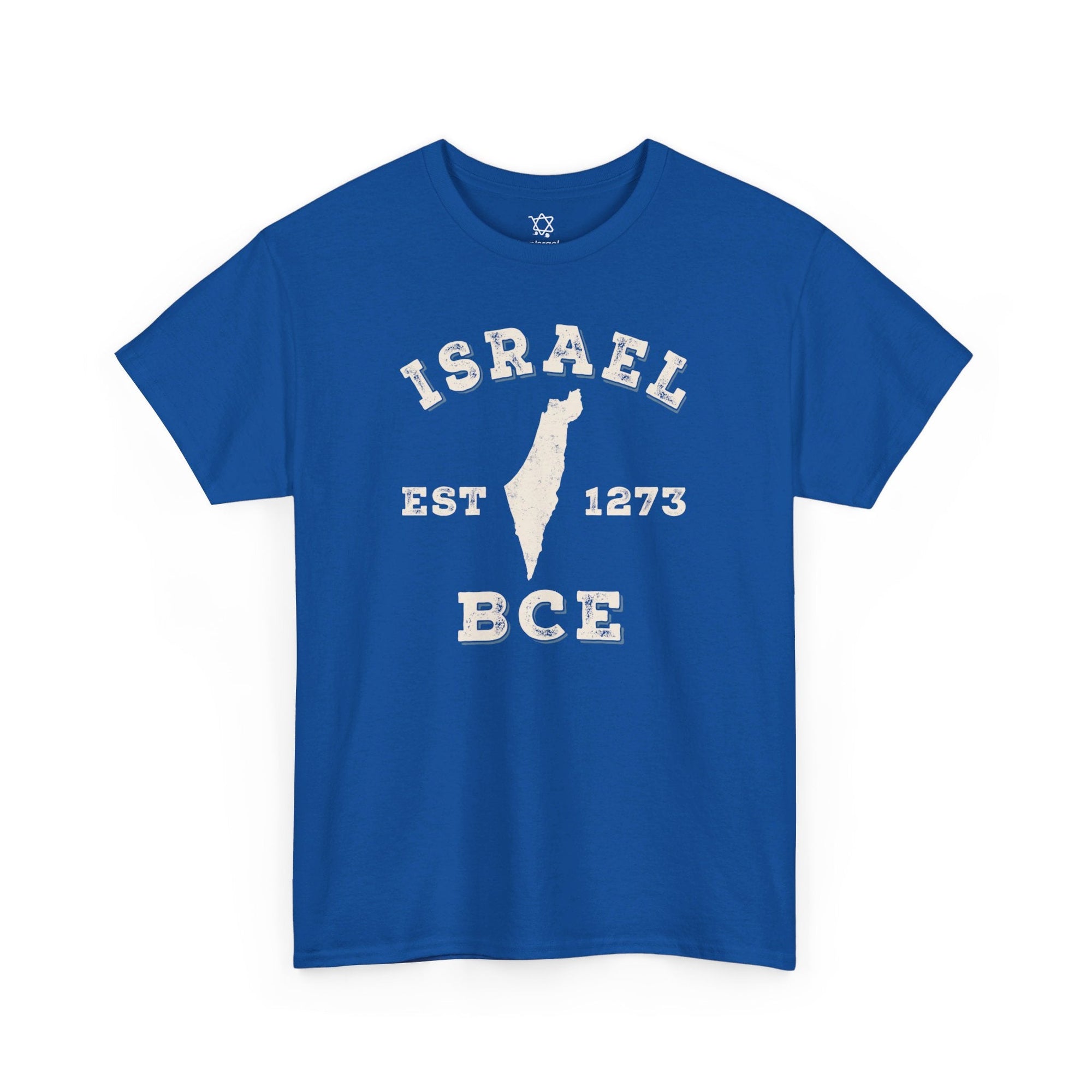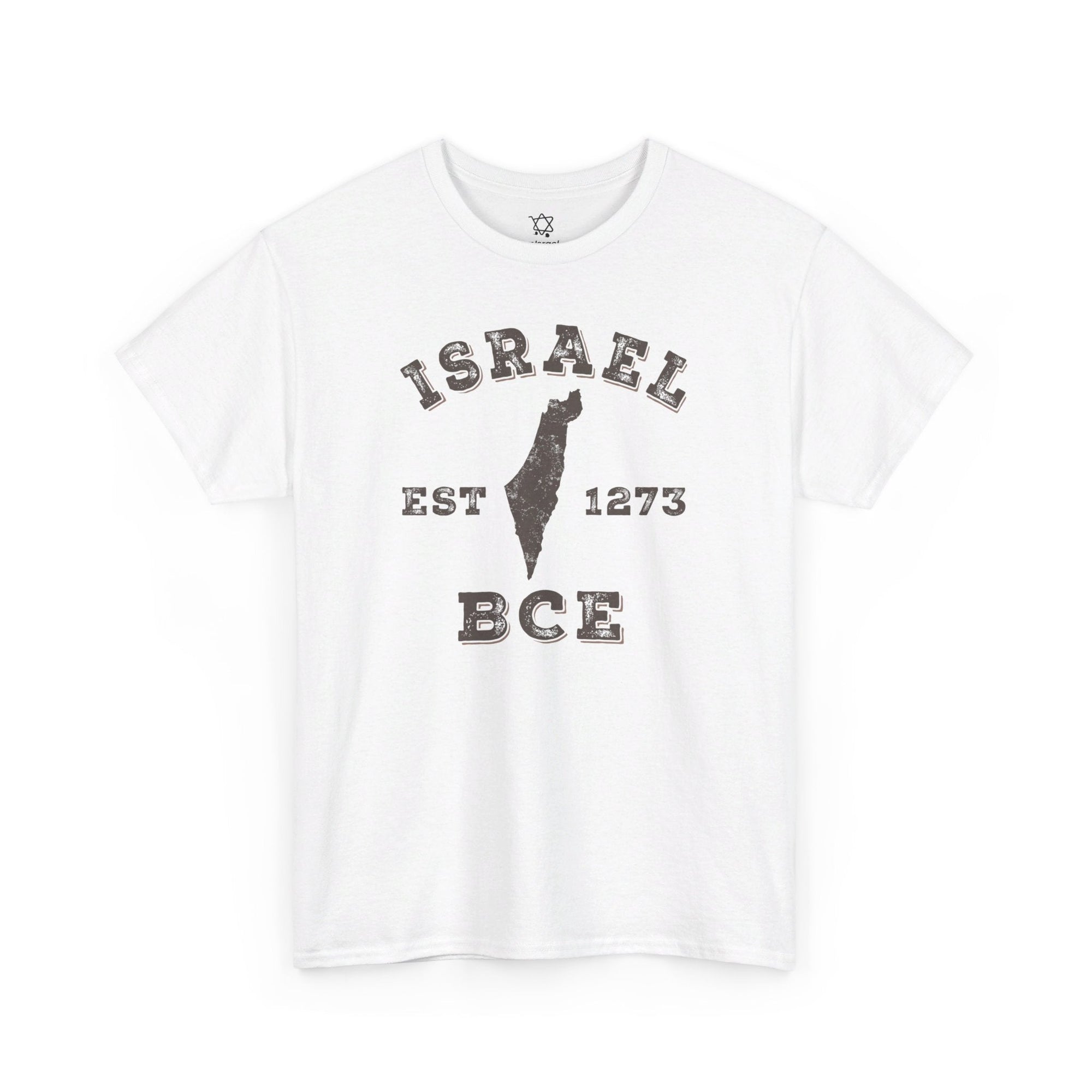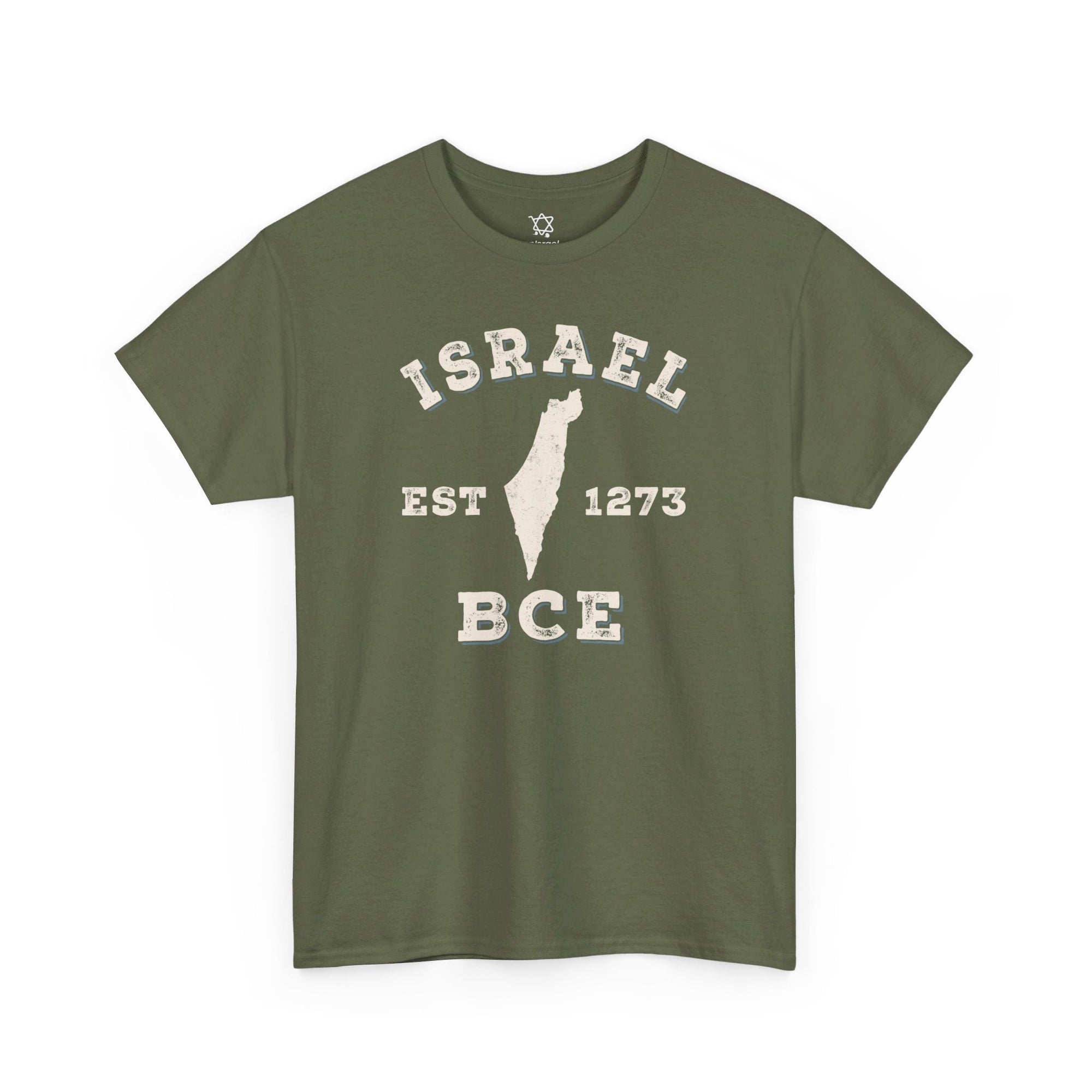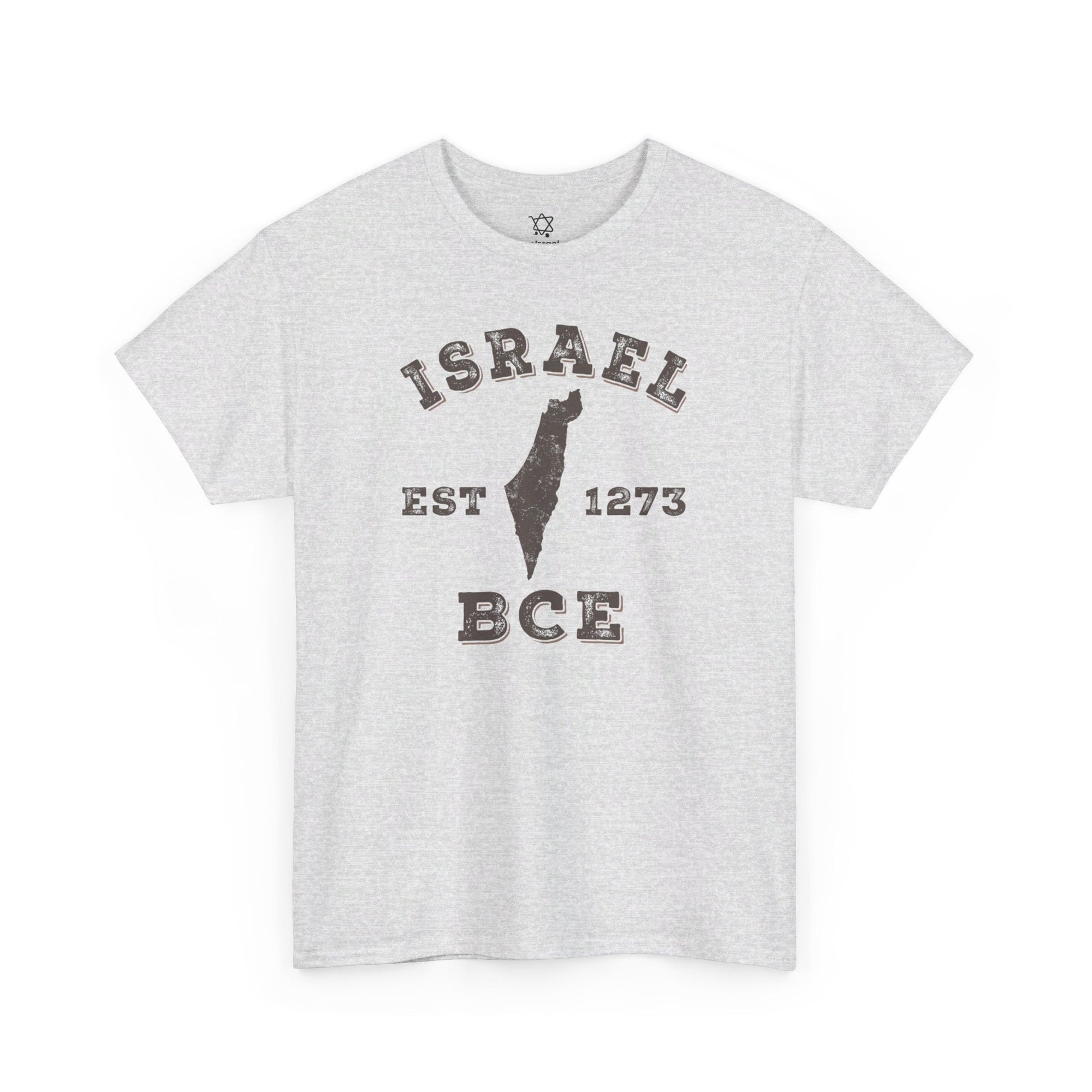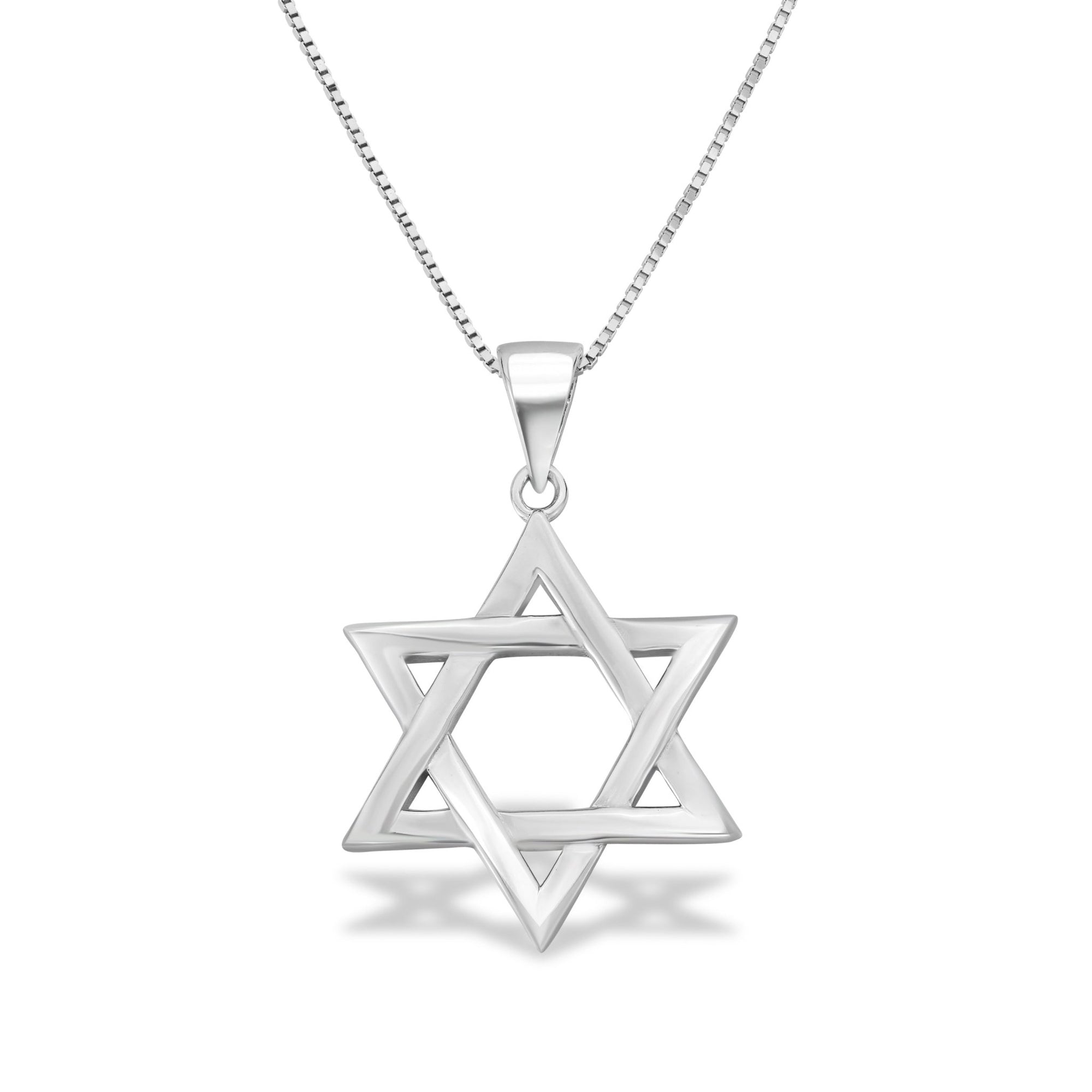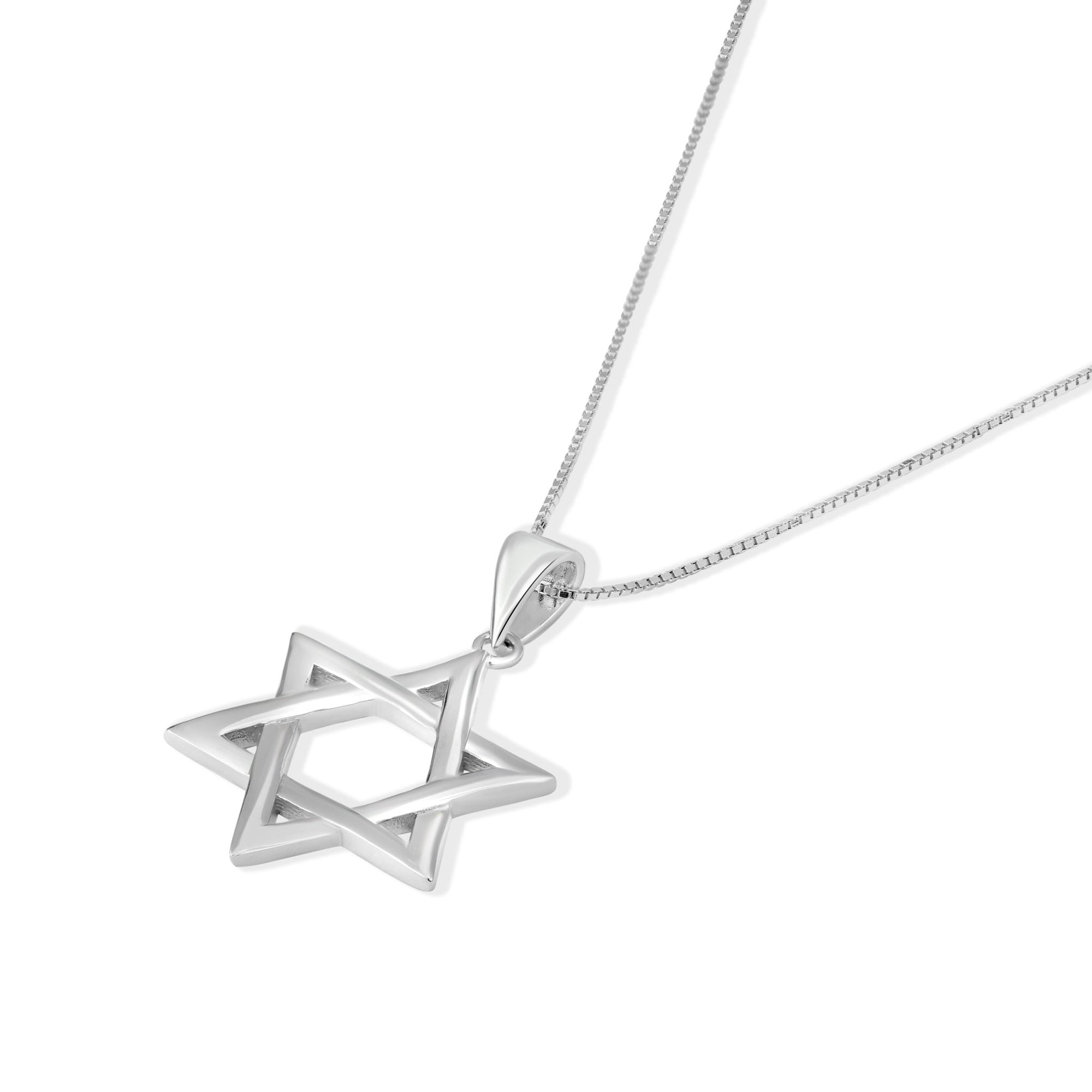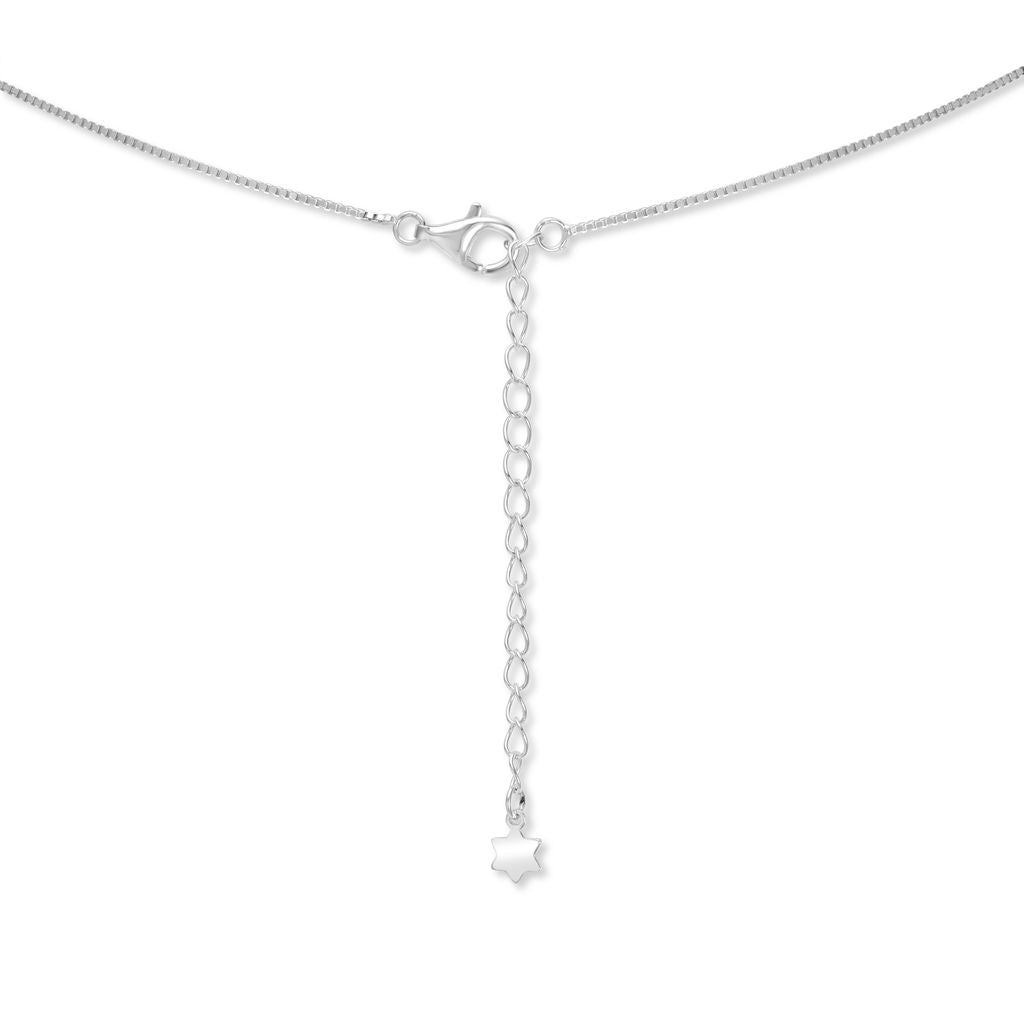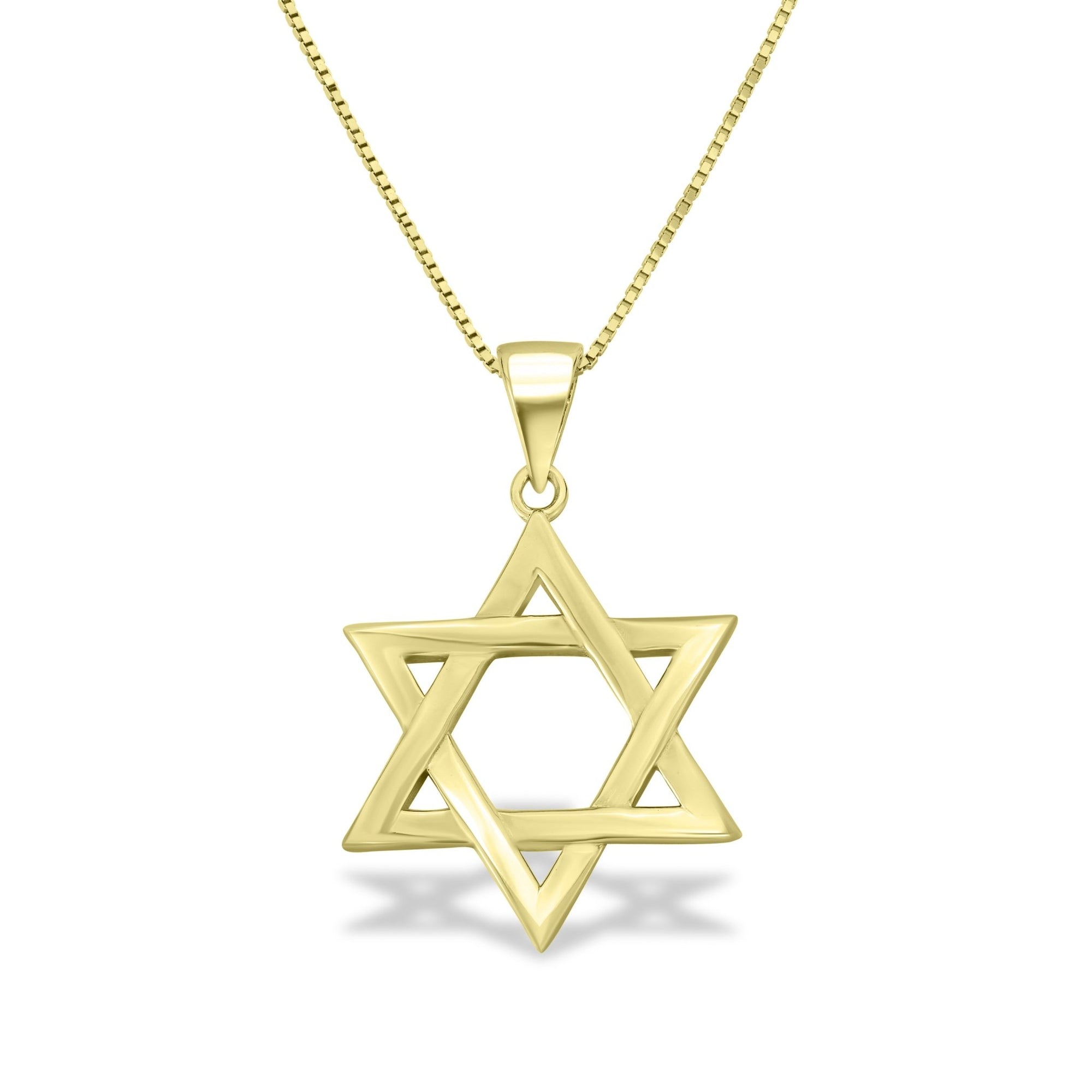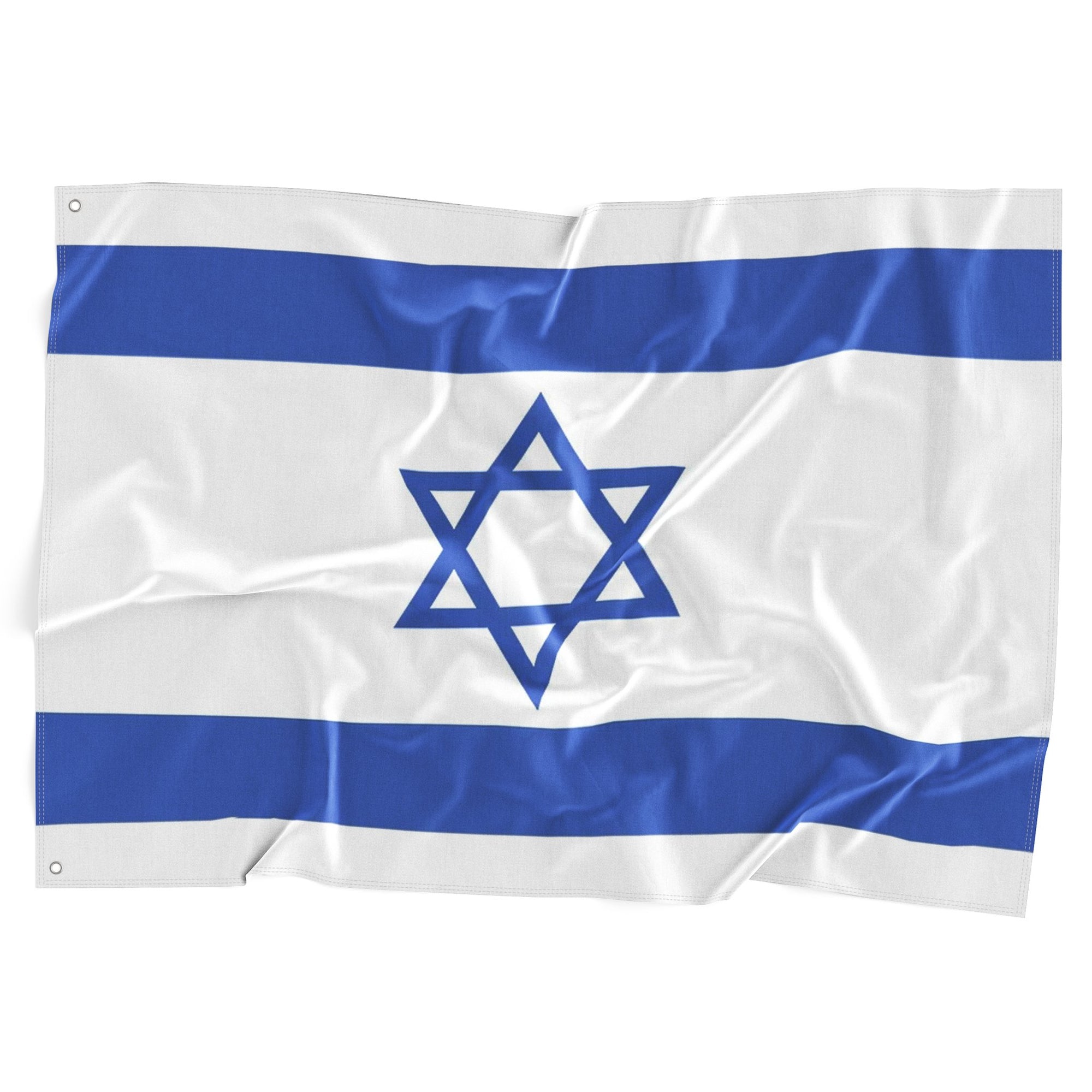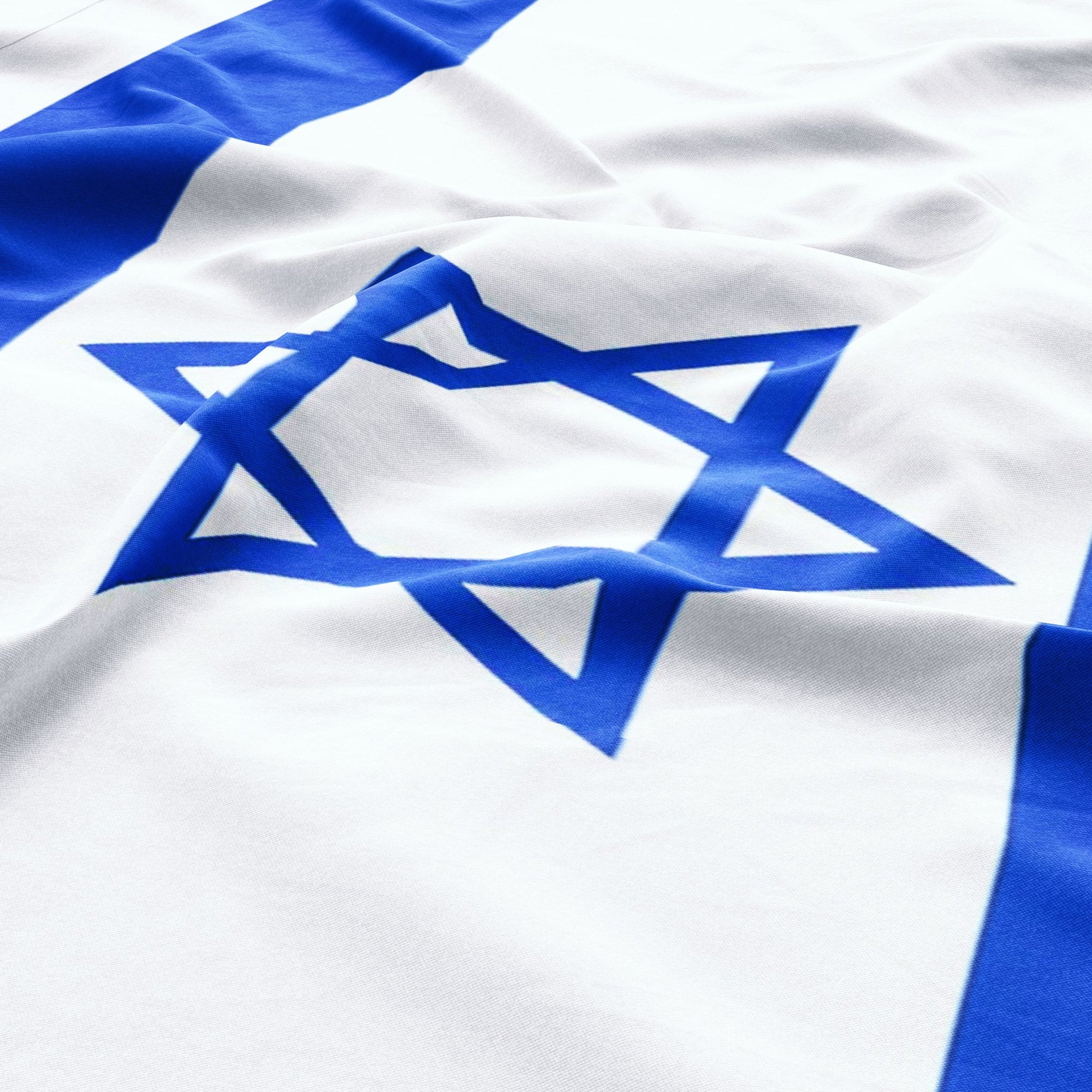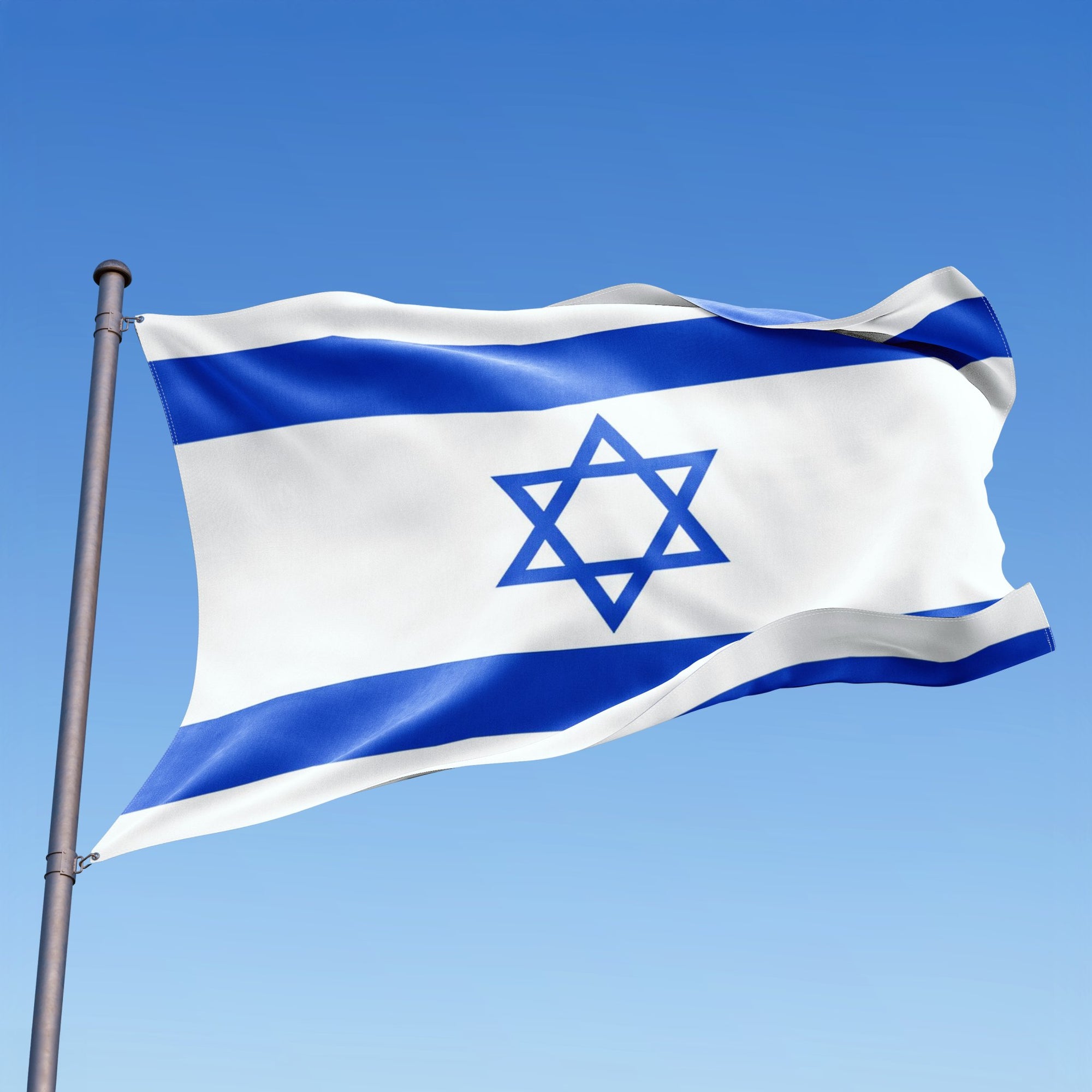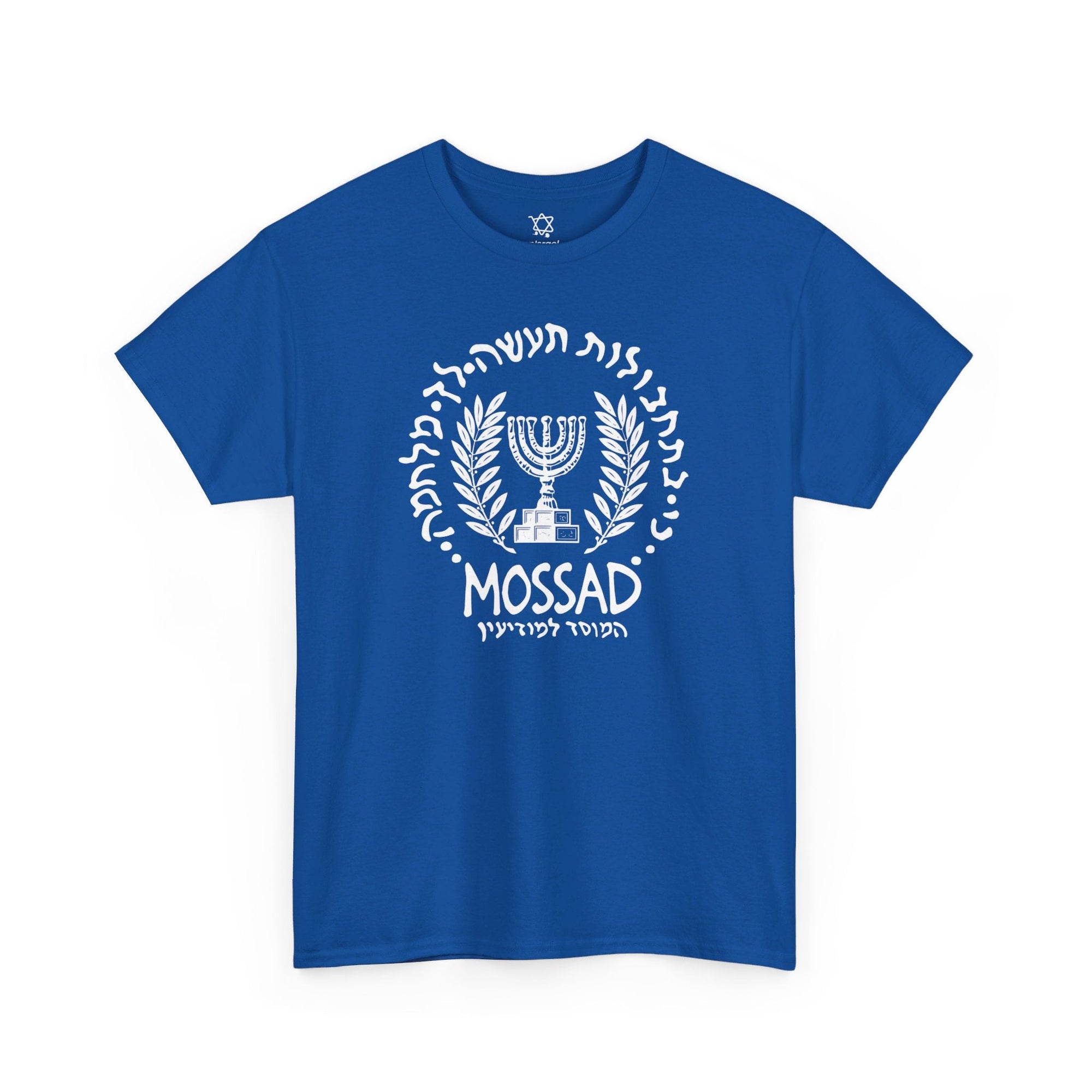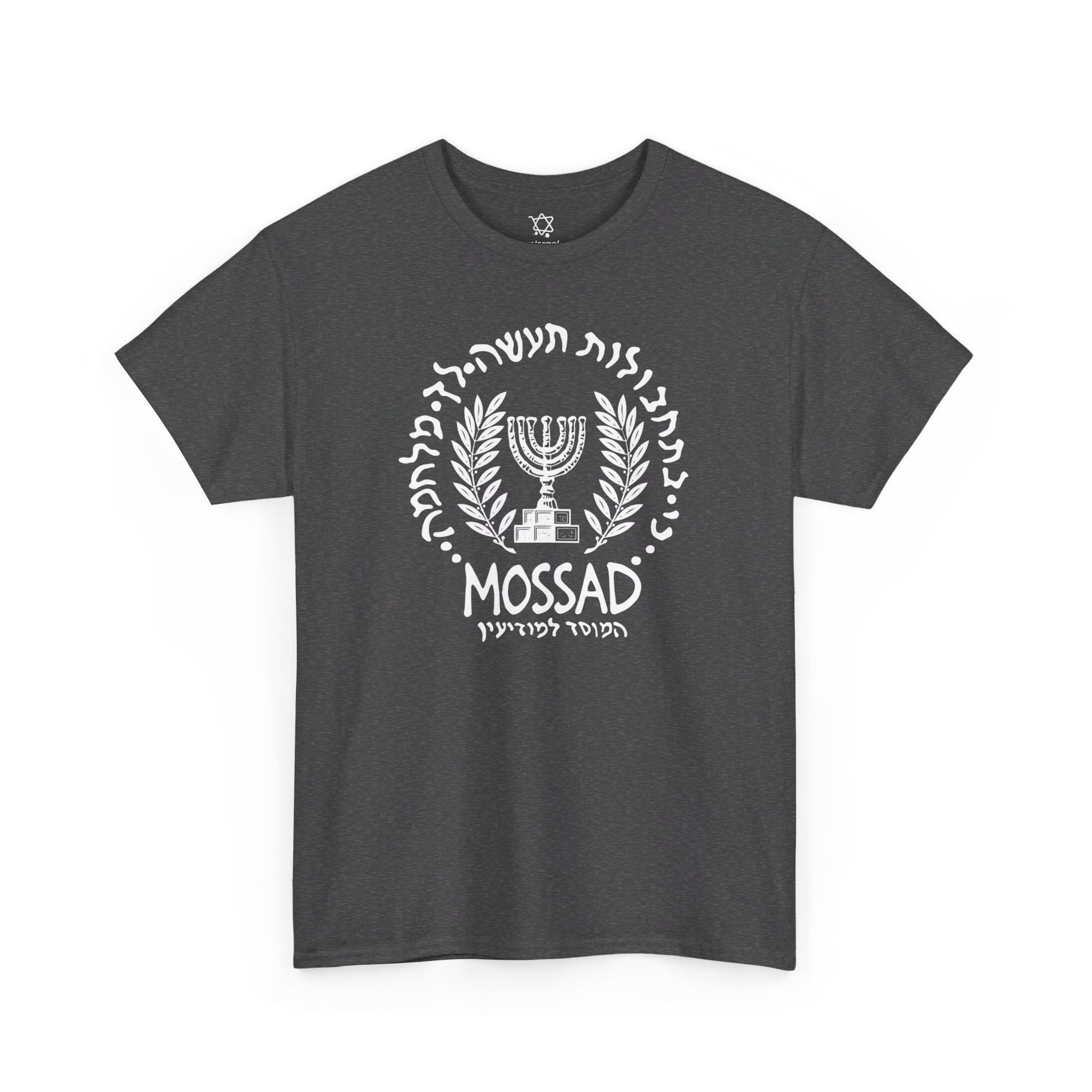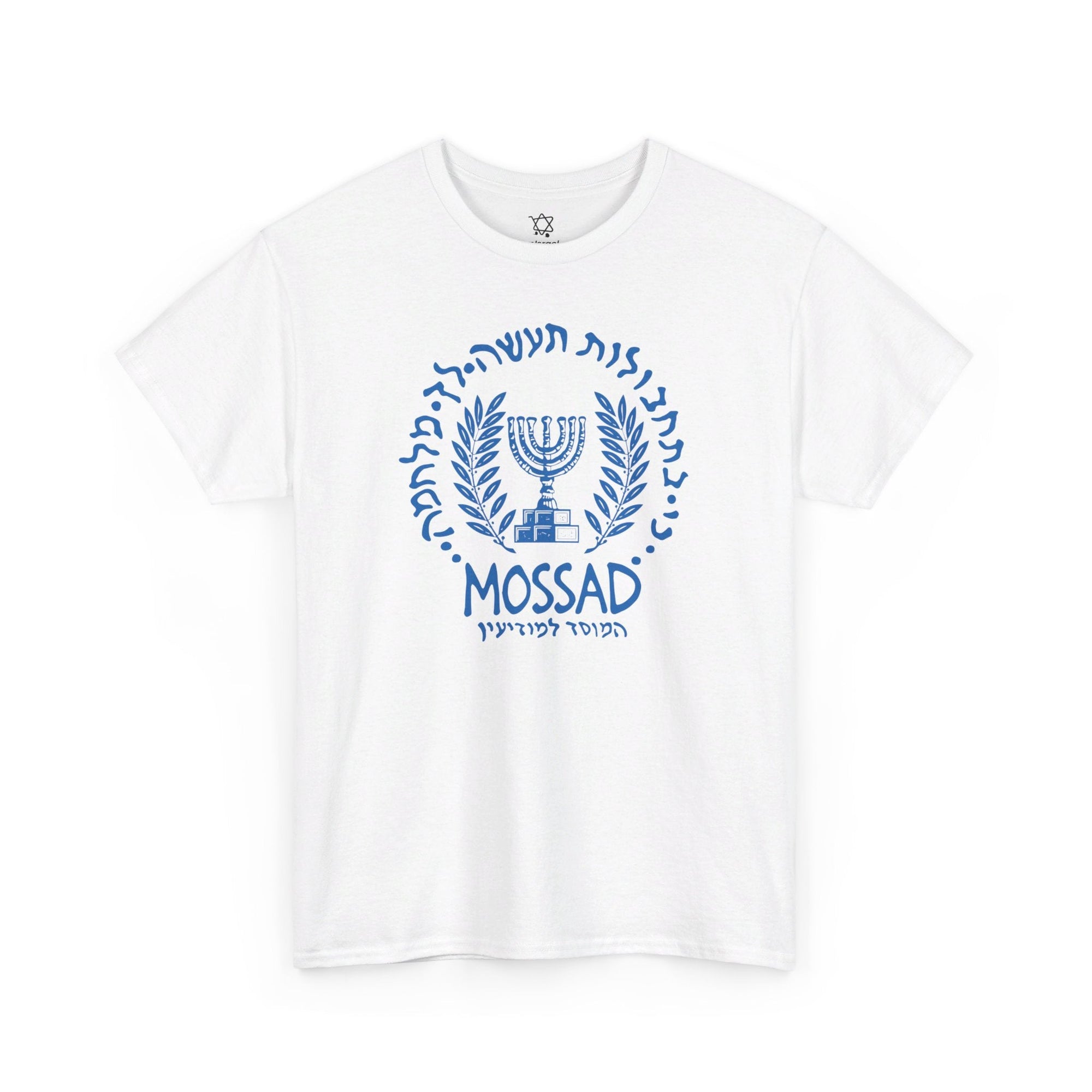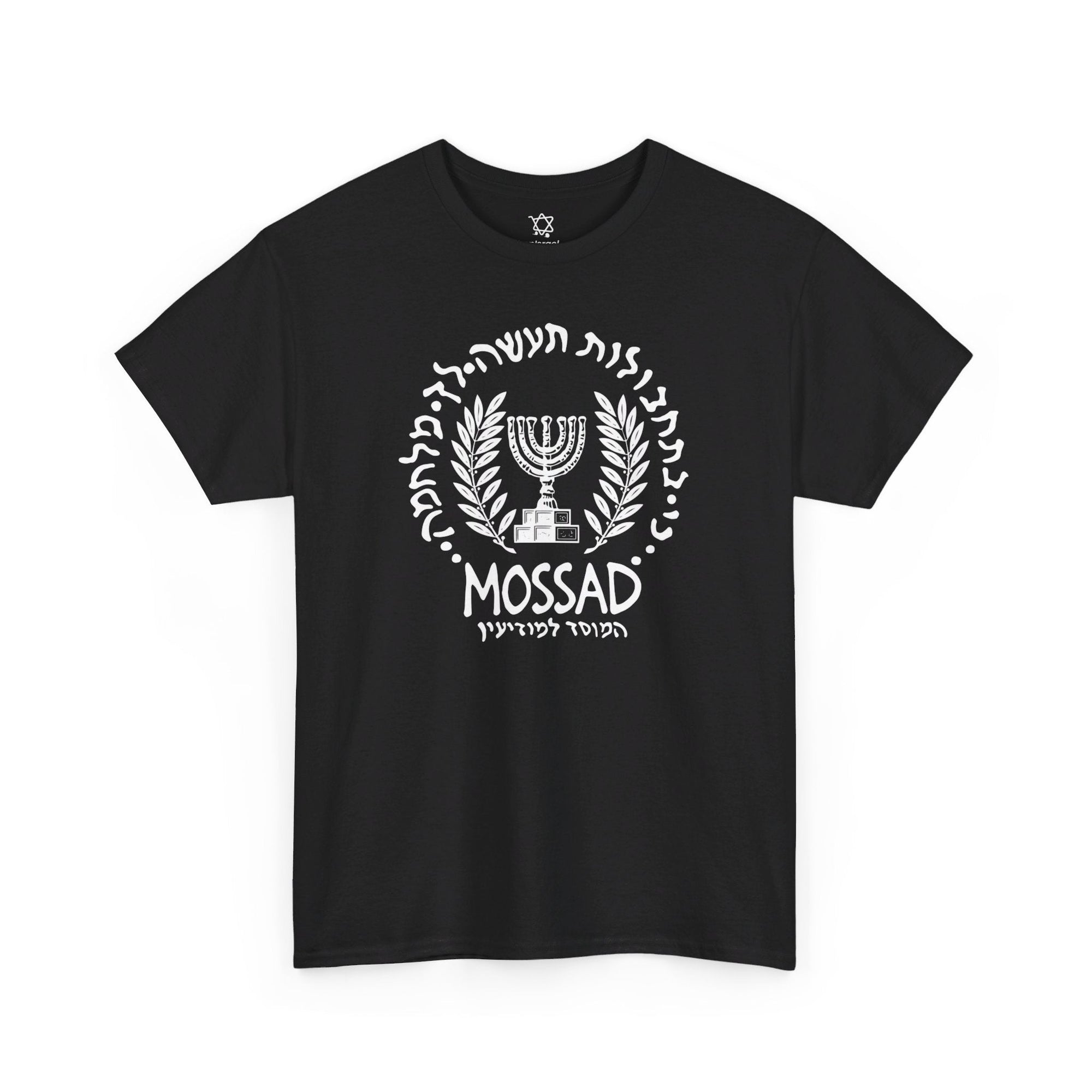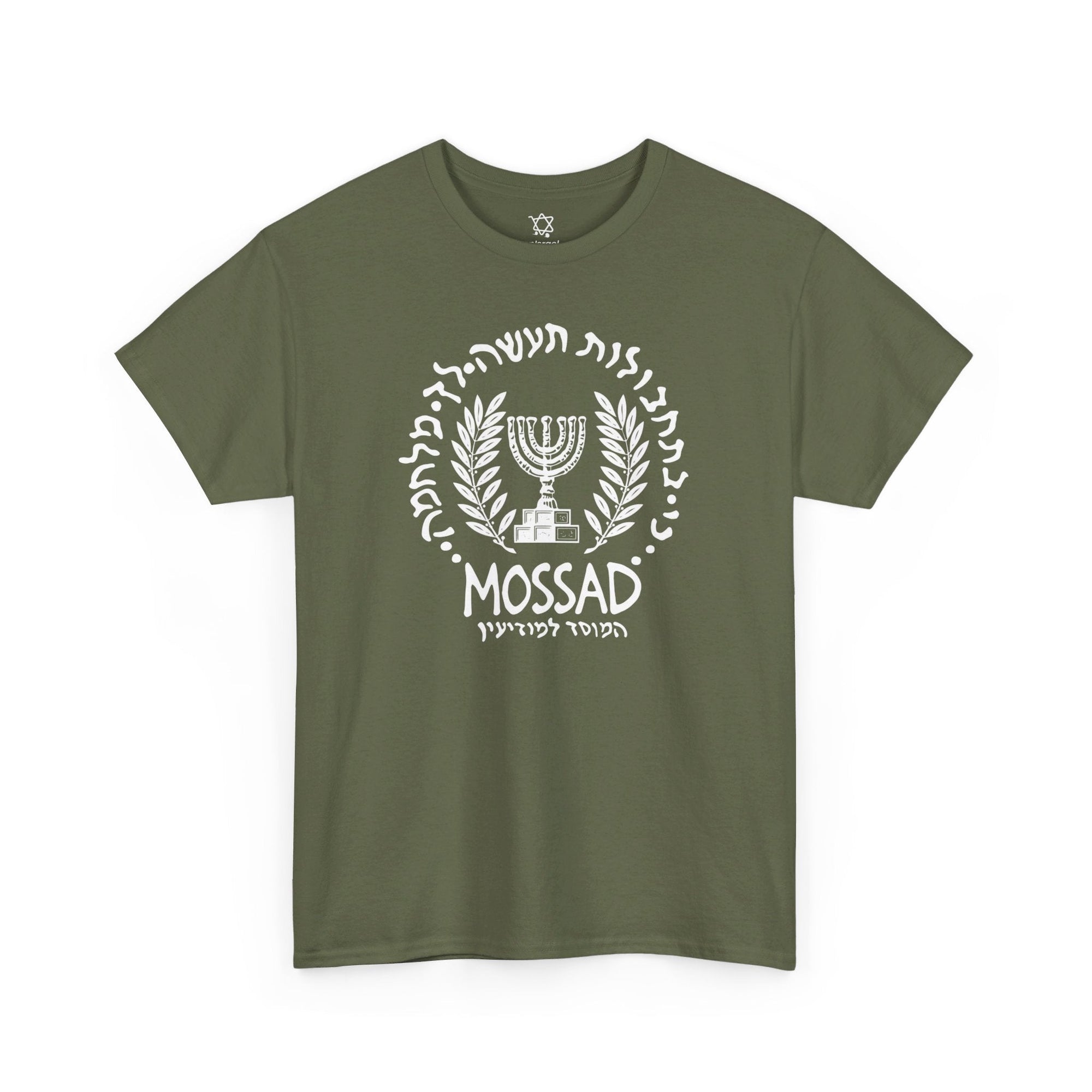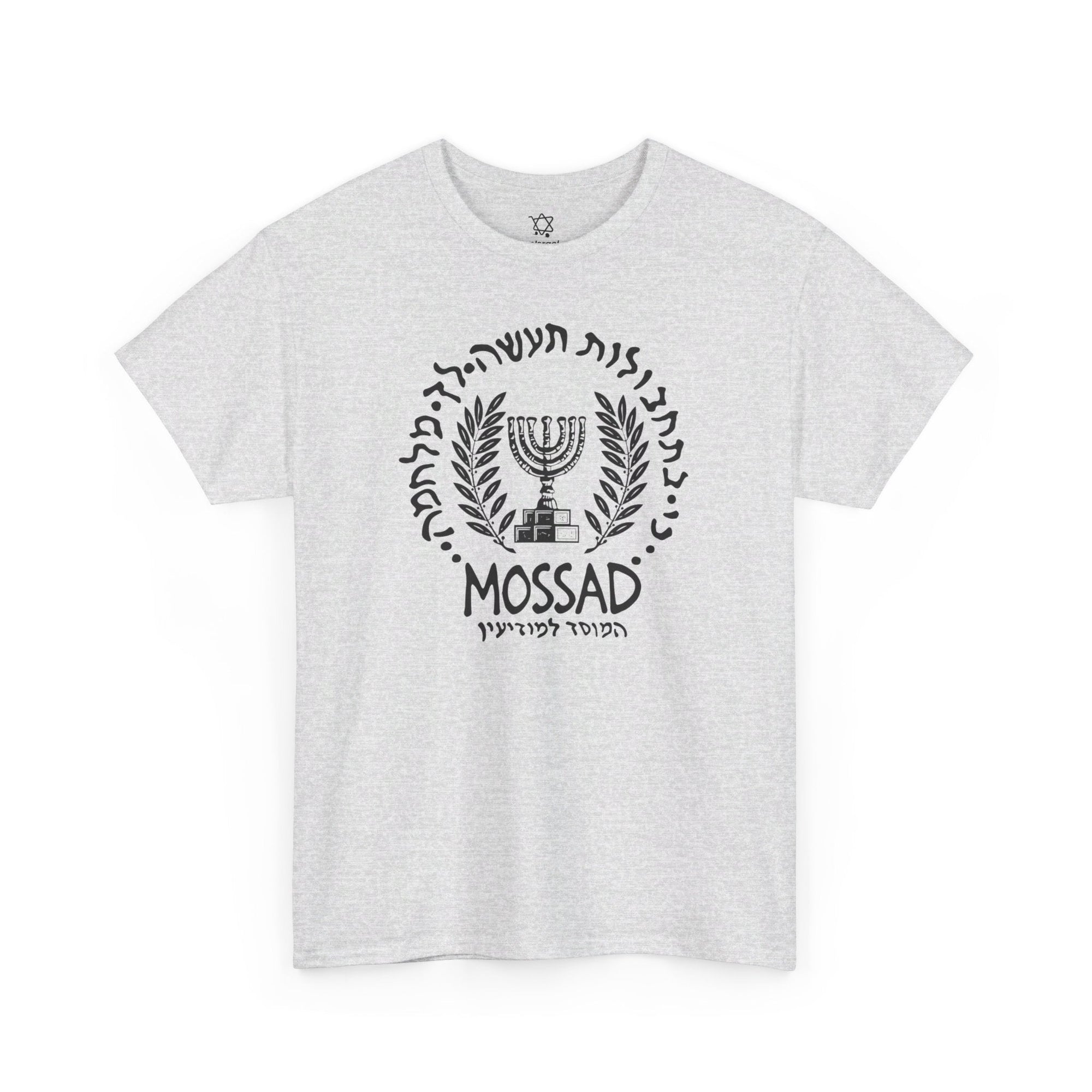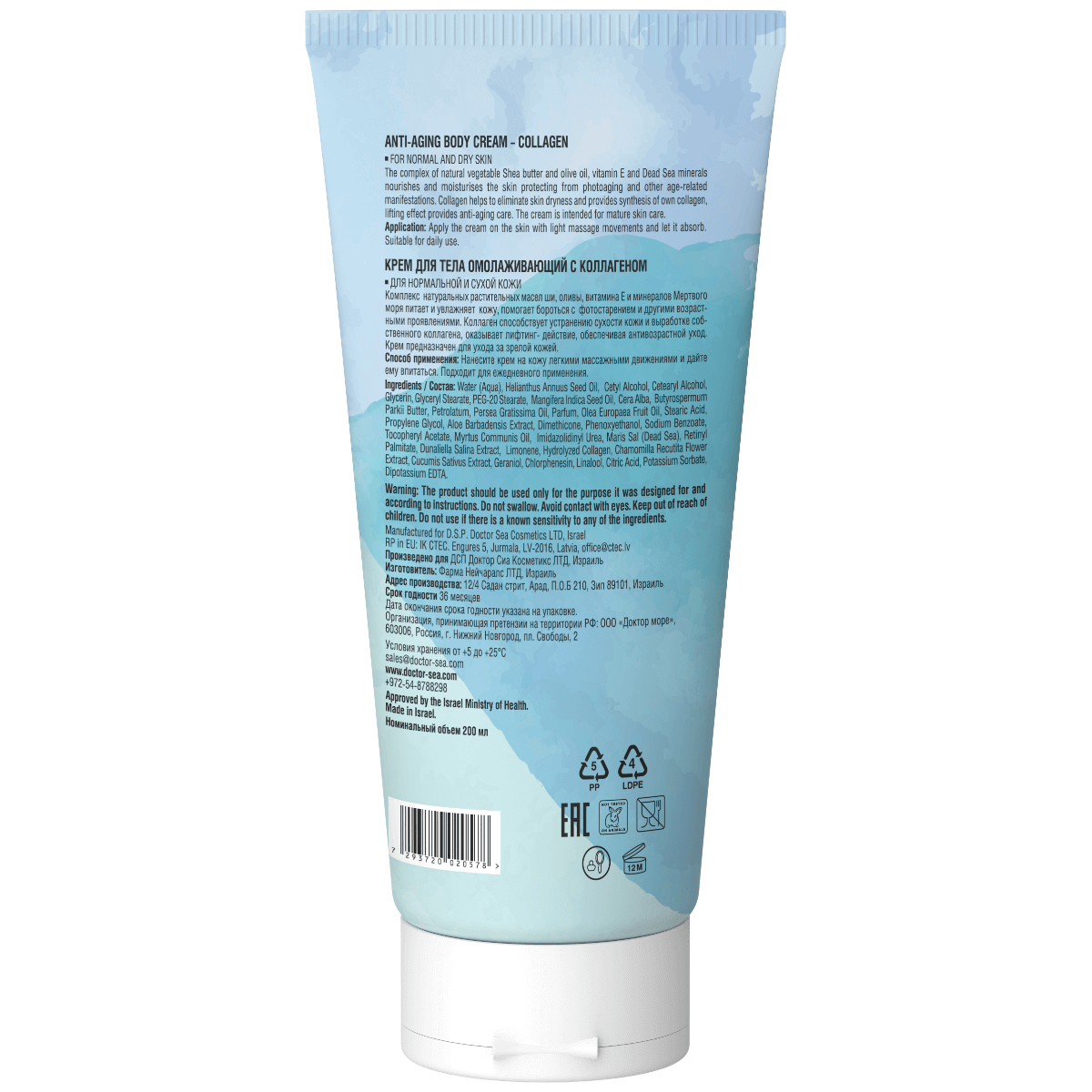Unpacking the Controversy Surrounding Einbinder’s Support
Comedian Hannah Einbinder has found herself at the center of a heated discussion regarding her political views on the Israeli-Palestinian conflict. Her outspoken support for Palestine and criticism of certain Israeli institutions have sparked both acclaim and condemnation. This article explores Einbinder’s political stance, her public statements, and the public response to her views, providing a comprehensive look at her position on this deeply divisive issue.
Hannah Einbinder’s Political Stance on the Israeli-Palestinian Conflict
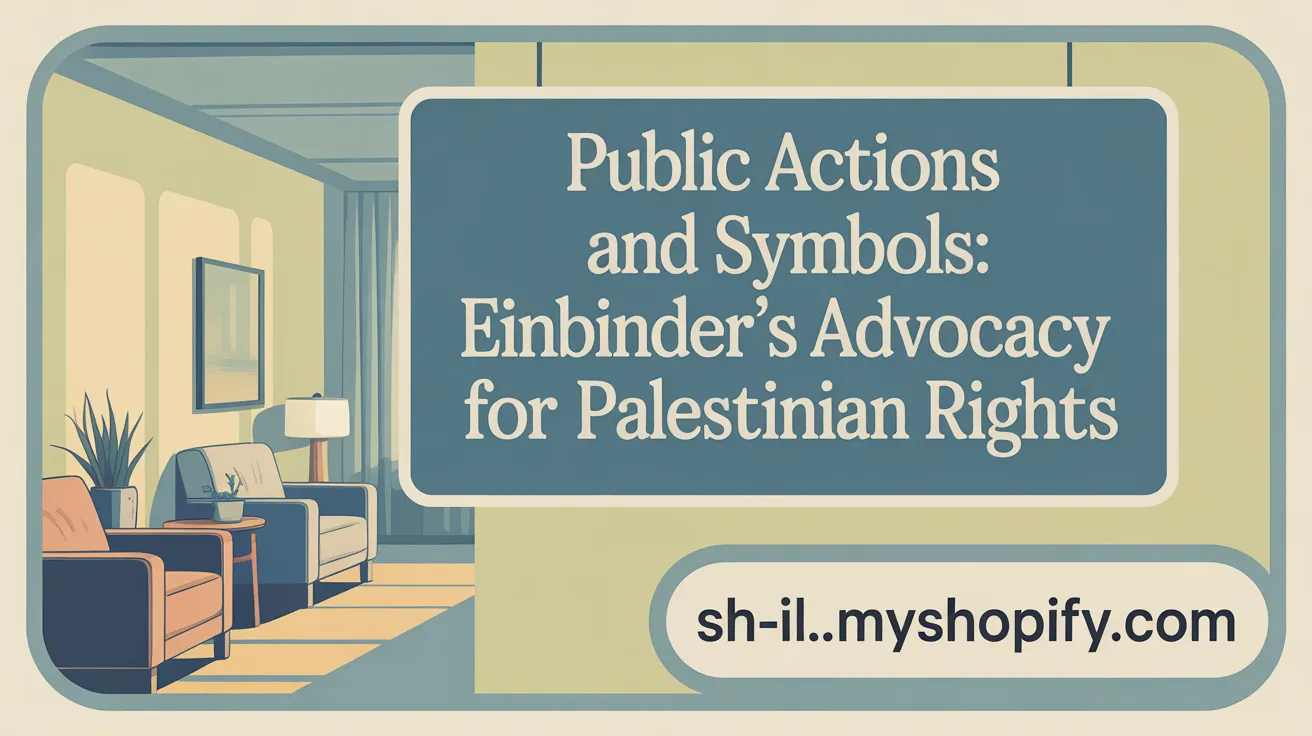
Hannah Einbinder’s position on the Israeli-Palestinian conflict reflects her support for Palestine and her opposition to certain Israeli policies. During her appearance at the 2025 Emmys, she boldly declared “Free Palestine,” signaling her vocal stance on the issue.
Einbinder has expressed her support for Palestine by signing the Film Workers for Palestine boycott pledge. This pledge calls for a boycott of Israeli film institutions and companies accused of involvement in what she describes as genocide and apartheid against Palestinians. She clarified that her boycott targets institutions, not individual Israeli persons, emphasizing her distinction between cultural or political actions of institutions and people.
Her personal connections deepen her advocacy. She mentioned that her friends in Gaza are working as frontline workers, providing care amid ongoing conflict. This personal link underscores her belief in supporting Palestinians' rights and well-being.
Importantly, Einbinder stresses that her cultural identity as a Jew does not automatically equate to political endorsement of the Israeli government’s actions. She makes a clear distinction between her Jewish heritage and her criticisms of certain Israeli policies, advocating for justice and humanitarian considerations.
This stance, however, has sparked criticism from some quarters, especially those who view her comments as anti-Israel or antisemitic. Critics argue that her support for Boycott, Divestment, Sanctions (BDS) and her outspoken advocacy question the legitimacy of Israeli state actions.
In summary, Hannah Einbinder’s political position is marked by her support for Palestinian rights, her willingness to challenge Israeli institutions, and her acknowledgment of her Jewish identity apart from her criticism of specific government policies. Her statements reflect a broader debate on the conflict, highlighting her personal connection and her advocacy for what she perceives as justice for Palestinians.
Public Expressions of Support for Palestine and Opposition to Israeli Policies
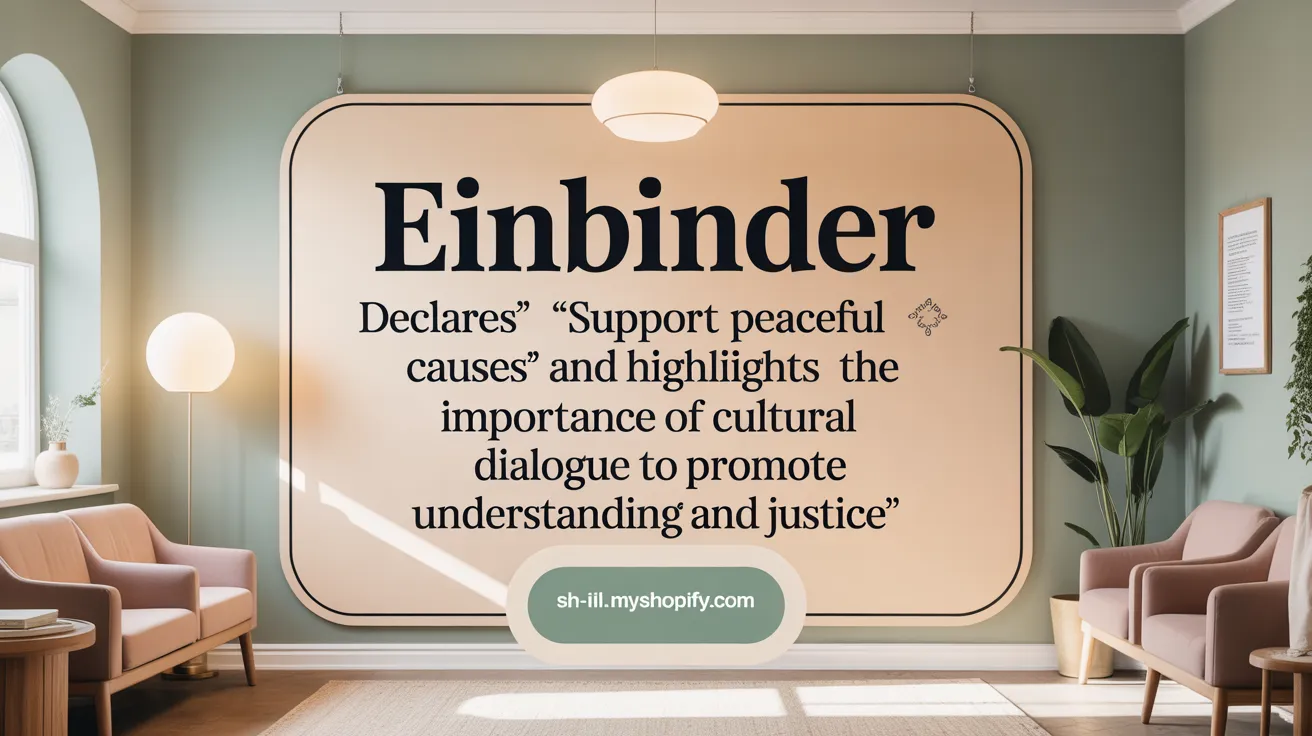
What did Hannah Einbinder state during her Emmy award speech?
During the 2025 Emmys, Hannah Einbinder used her platform to voice her support for Palestine. She publicly declared 'Free Palestine,' emphasizing her opposition to Israeli policies she perceives as involved in genocide and apartheid against Palestinians. Her speech, along with her actions, drew significant attention for blending celebrity visibility with political advocacy.
Did she make any symbolic gestures to show her stance?
Einbinder incorporated visual symbols to illustrate her support. She wore a keffiyeh, a scarf associated with Palestinian identity and resistance, and sported an Artists4Ceasefire pin to underscore her call for peace. These gestures aimed to visually communicate her stance amid the ceremony.
What actions did she take to support her political views?
She signed a pledge organized by Film Workers for Palestine, which calls for a boycott of Israeli film institutions and companies accused of being complicit in genocide. This boycott aims to pressure Israeli authorities by targeting cultural and artistic channels.
Has she supported any broader boycott movements?
Yes, Einbinder publicly backed a Hollywood-wide boycott of Israeli film companies involved in the conflict. Her support aligns with her belief that economic and cultural pressures are effective tools for exerting influence on Israeli policies.
How does her stance relate to her identity as a Jewish person?
Although she identifies as Jewish, Einbinder clarified that her support for Palestine does not conflict with her religious identity. She distinguishes her criticism of Israeli policies from her personal Jewish faith, emphasizing her moral stance and solidarity with her friends in Gaza who are providing frontline care amid ongoing violence.
| Topic | Details | Additional Context |
|---|---|---|
| Emmy Speech | Declared 'Free Palestine' | Used her platform to emphasize her stance |
| Symbols | Keffiyeh, Artists4Ceasefire pin | Visual expressions of her support |
| Boycott Actions | Signed pledge against Israeli film institutions | Part of broader cultural protest |
| Broader Support | Hollywood boycott of Israeli film companies | Aimed at increasing diplomatic pressure |
| Personal Perspective | Supports Palestine, criticizes Israeli policies | Differentiates her views from her Jewish identity |
This combination of public statements, symbolic gestures, and organized actions highlights Einbinder's active role in voicing her support for Palestine and challenging certain Israeli policies. Her stance continues to foster discussions on the intersection of politics and celebrity activism in the context of the Israeli-Palestinian conflict.
The Nuanced Distinction Between Jewish Identity and Political Beliefs
Hannah Einbinder has emphasized that her criticism of Israeli institutions does not equate to a repudiation of her Jewish identity. She clarifies that her stance is directed at specific policies or actions of certain Israeli organizations, not at Jewish people as a whole.
This distinction is vital in public discourse, especially when political statements involve sensitive identity issues. Supporting Palestinian rights or criticizing certain aspects of Israeli governance does not inherently mean one opposes all Jewish people. Einbinder stresses that her opposition is rooted in her beliefs about justice and human rights, rather than any anti-Semitic intent.
Her comments highlight an important debate about how individuals can advocate for political causes while maintaining their cultural or religious identity. Many Jewish communities worldwide see support for Israel as a central part of their identity; however, others, like Einbinder, advocate for different perspectives based on human rights concerns.
Understanding her position requires recognizing the difference between criticizing state policies and expressing hostility toward Jewish individuals. Such nuance is often lost in heated public discussions, underscoring the need for clarity and respect in debates surrounding Israel and Palestine.
Reactions and Controversies Surrounding Einbinder’s Position
The public response to Hannah Einbinder’s comments on Israel and Palestine has been highly polarized. Critics and members of the Jewish community have viewed her stance negatively, perceiving her support for the Palestinian cause and her call for boycotts of Israeli film institutions as provocative. Many argue that her position borders on anti-Israel rhetoric, which some associate with antisemitism—a form of bias that can escalate to violence against Jewish individuals and communities.
Einbinder expressed her support for Palestine, citing her friends in Gaza who are providing frontline care amid ongoing conflict. She clarified that her criticism is directed specifically at Israeli institutions implicated in what she describes as genocide and apartheid, emphasizing that her opposition does not extend to Jewish people generally. Despite this, her statements have been interpreted as divisive, especially within a community where most support Israel's right to exist and defend itself.
An open letter criticizing her comments framed her remarks as anti-Israel and antisemitic. This critique reflected broader concerns that such rhetoric can contribute to the marginalization and insecurity of Jews worldwide. Some critics also viewed her call for a boycott, signed during her appearance at the 2025 Emmys, as undermining diplomatic efforts and fostering hostility.
On the other side, defenders of Einbinder argue that her support for Palestine and her stance on boycotting certain Israeli institutions are acts of protest against policies she considers unjust. They view her as a voice expressing the plight of Palestinians and advocating for pressure to bring about change.
Amid this controversy, Elon Gold—a fellow supporter of Israel—defended the country’s position by outlining its historical struggles against numerous invasions and existential threats. He disputed casualty figures cited by critics, asserting they are often based on Hamas sources and misrepresent Israel’s efforts to minimize harm. Gold emphasized Israel's history of suffering through genocides and ethnic cleansings and framed its current conflict as a fight for survival.
The division over Einbinder’s remarks highlights ongoing debates within Jewish, American, and international communities about the best ways to support peace, security, and human rights in the region. These differing perspectives reflect broader tensions around advocacy, identity, and the role of activism in complex geopolitical conflicts.
| Aspect | Perspective | Additional Notes |
|---|---|---|
| Public perception | Mostly negative among critics | Concerns over anti-Israel rhetoric and antisemitism |
| Einbinder’s position | Supports Palestine, calls for boycott | Emphasizes distinction between Israelis and Jewish people |
| Gold’s defense | Israel fighting for survival | Disputes casualty statistics, frames conflict historically |
| Community impact | Divisiveness and debate | Ongoing discussions on activism and safety |
This controversy underscores the sensitive dynamics surrounding Israel and Palestine, illustrating how individual statements can generate broad societal debates about history, security, and justice.
Einbinder’s Rationale for Boycotting Israeli Film Institutions
Hannah Einbinder publicly expressed her support for Palestine and took a clear political stance against certain Israeli institutions involved in the ongoing conflict. She joined the Film Workers for Palestine boycott pledge, which advocates for boycotting Israeli film companies accused of supporting policies of genocide and apartheid.
Einbinder believes that this boycott is an effective way to apply pressure on those institutions directly implicated in these alleged human rights abuses. She emphasized that her goal is not to target individual Israelis or Jewish people generally but to focus on specific organizations she perceives as complicit.
Her decision is also linked to her personal connection to the conflict. She stated that friends in Gaza, working as frontline medical workers amid the violence, inspire her support for Palestine. This perspective underscores her view of the importance of standing with Palestinians facing ongoing hardships.
In her public statements, including her appearance at the 2025 Emmys where she said "Free Palestine," Einbinder highlighted her belief in using cultural and political activism. She views the boycott as a way to exert pressure on authorities responsible for perceived unlawful and unjust actions, aiming to influence change through economic and institutional advocacy.
While her stance has sparked criticism from some, including accusations of anti-Israel bias, she maintains that her support for Palestine aligns with her personal values and her understanding of justice. She distinguishes her political views from her Jewish identity, asserting that supporting Palestine does not conflict with her faith.
Below is a summary table of her actions and reasons:
| Action | Purpose | Explanation |
|---|---|---|
| Signed boycott pledge | Pressure Israeli institutions | Aimed at entities involved in alleged genocide and apartheid |
| Public support at Emmys | Political statement | Declared "Free Palestine" to raise awareness |
| Personal support | Solidarity with Gaza friends | Inspired by frontline workers providing aid |
| Distinguishing Jews from Israeli policies | Clarify her position | Emphasizes she opposes specific institutions, not Jewish people |
Hannah Einbinder’s Background and Broader Context of Her Activism
Her identity as a Jewish comedian
Hannah Einbinder is known not just as a comedian but also as someone who openly discusses her Jewish heritage. Her background influences how her political activism is perceived by her audience and the public.
Use of public platform at major award show
At the 2025 Emmys, Einbinder used her moment on stage to voice her support for Palestine by declaring 'Free Palestine.' This act brought significant attention, sparking both support and criticism.
Engagement in social issues beyond Israeli-Palestinian conflict
Her activism extends beyond the Middle Eastern conflict, emphasizing her involvement in broader social justice issues such as advocating for Palestinian rights and calling out Israeli institutions.
Symbolism in activism
Signing the boycott pledge and publicly supporting Palestine serve as symbolic acts meant to pressure institutions and raise awareness about alleged human rights violations.
Cultural influence on her activism and public reception
Her role as a comedian and public figure impacts her activism's reach, but it also invites scrutiny and controversy, especially given her Jewish background and her stance on Israel.
| Aspect | Description | Impact |
|---|---|---|
| Identity | Jewish comedian expressing controversial views | Sparks debate on Jewish identity and political beliefs |
| Platform use | Vocal support at the Emmys | Draws widespread attention to Palestinian issues |
| Social engagement | Supports boycotts and criticizes Israeli institutions | Influences public opinion and activism strategies |
| Symbolism | Public declarations and signature pledges | Acts as symbolic resistance and pressure |
| Cultural influence | Known for comedy and activism | Shapes public perception and dialogue |
This blend of her background, public actions, and cultural influence creates a complex picture of Einbinder’s activism, resonating differently across various audiences.
Implications of Einbinder’s Statements for the Entertainment Industry and Public Discourse

Impact of boycott calls on Hollywood
Hannah Einbinder’s support for the Palestine boycott has sparked significant debate within Hollywood. Her signing of the Film Workers for Palestine pledge to boycott Israeli film institutions brings attention to the role that public figures can play in influencing industry practices. Such actions may encourage other actors and creatives to adopt similar stances, potentially leading to shifts in collaboration patterns and industry partnerships.
Divisions within the entertainment community
Her comments have highlighted existing divisions among entertainment professionals regarding Israel and Palestine. Some see boycotts and political statements as vital tools for advocacy, while others view them as harmful to industry unity and collaboration. These differing perspectives can lead to ongoing debates within Hollywood about the appropriate role of political activism during public debutances.
Importance of public figures taking political stands
Einbinder’s outspoken support underscores how influential industry celebrities can impact public discourse. When prominent figures like her voice political opinions, they can sway public opinion and motivate fans and peers alike to consider the issues more deeply. However, this also risks politicizing entertainment spaces and provoking backlash from those with opposing views.
Consequences for industry relationships and public image
The controversy surrounding her statements may affect her professional relationships and how audiences perceive her. Supporters may praise her for standing up for her beliefs, while critics argue her comments could tarnish her reputation or alienate parts of her fan base. For the industry at large, such debates might influence future collaborations and discussions about the balance between activism and artistic neutrality.
Potential influence on future conversations about Israel and Palestine
Einbinder’s stance could encourage other public figures to take a stand, further amplifying the dialogue around the Israeli-Palestinian conflict within the arts sector. Over time, this may lead to more open discussions, but also increased polarization, shaping how Hollywood and the broader entertainment industry approach topics of international conflict in the future.
Summarizing Einbinder’s Position and Its Impact
Hannah Einbinder’s support for Palestine and her public criticism of Israeli institutions highlight the complex intersections of identity, politics, and activism in today’s cultural landscape. By distinguishing her Jewish identity from her political beliefs, she navigates a controversial path that has stirred significant debate and polarized public opinion. While her boycott of Israeli film institutions reflects a committed stance on a critical humanitarian issue, it has also sparked accusations of antisemitism and one-sidedness. Regardless of the varied perspectives, Einbinder’s prominence ensures her voice contributes meaningfully to ongoing conversations about the Israeli-Palestinian conflict, illustrating how celebrity activism can both illuminate and inflame deeply rooted geopolitical tensions.
References
- Emmy Winner Hannah Einbinder Explains 'Free Palestine' ...
- An Open Letter to My Fellow Comedian Hannah Einbinder
- Hannah Einbinder on Palestine, Israeli Film Boycott
- No, Hannah, That Wasn't Brave (Guest Column)
- Emmy Winner Hannah Einbinder Explains 'Free Palestine' ...
- No, Hannah, That Wasn't Brave (Guest Column)
- No, Hannah, That Wasn't Brave (Guest Column)
- Pro-Palestinian statements, politics take the stage at 77th ...
- Hannah Einbinder on Palestine, Israeli Film Boycott
- Emmy Winner Hannah Einbinder Explains 'Free Palestine' ...















